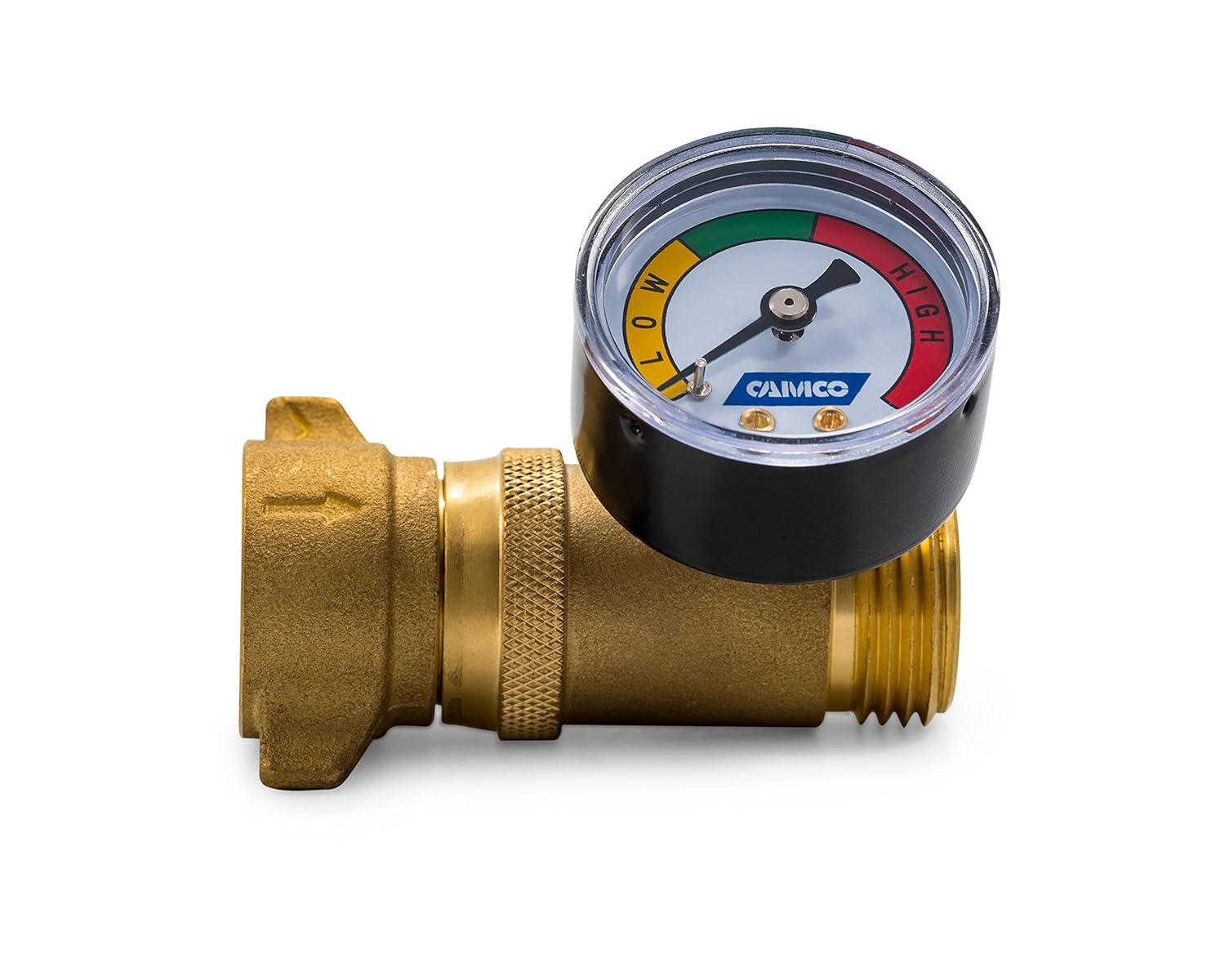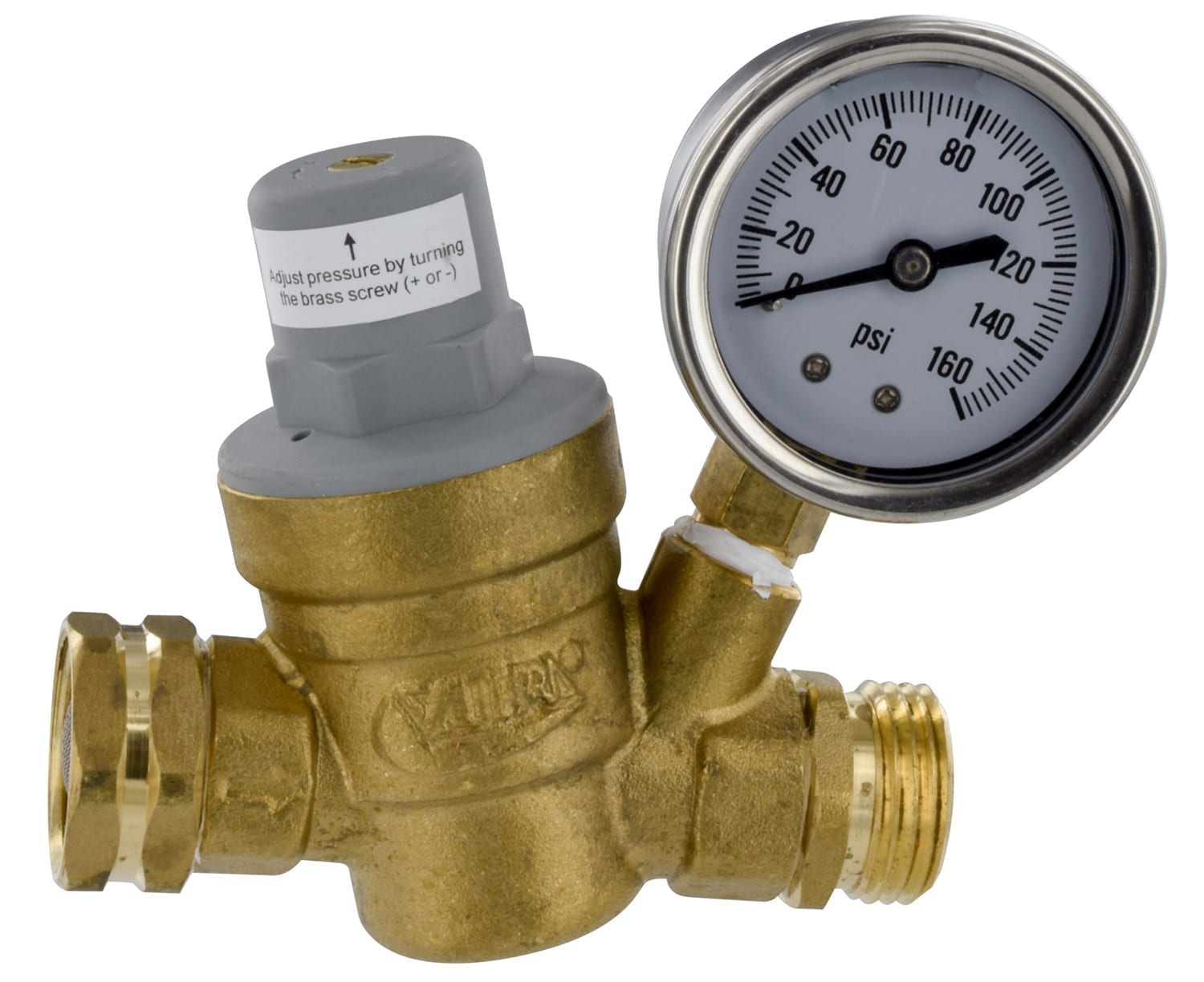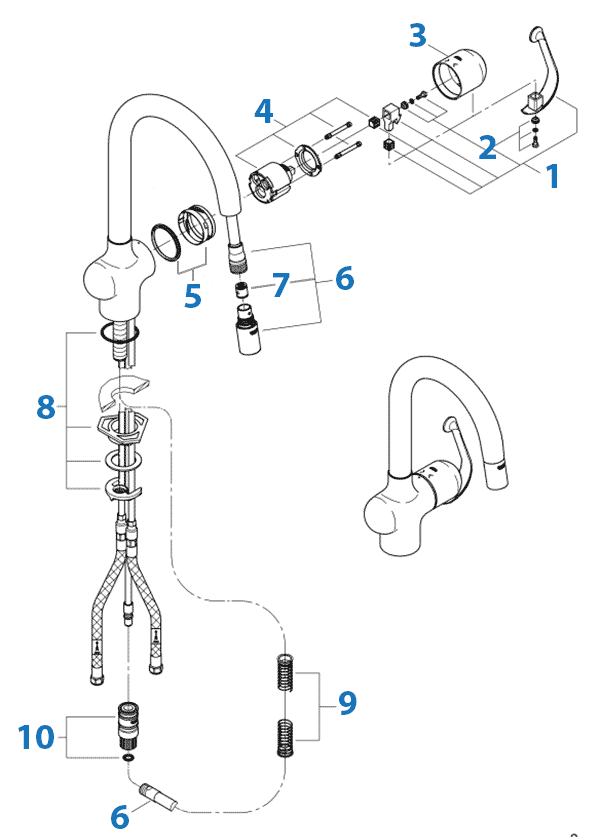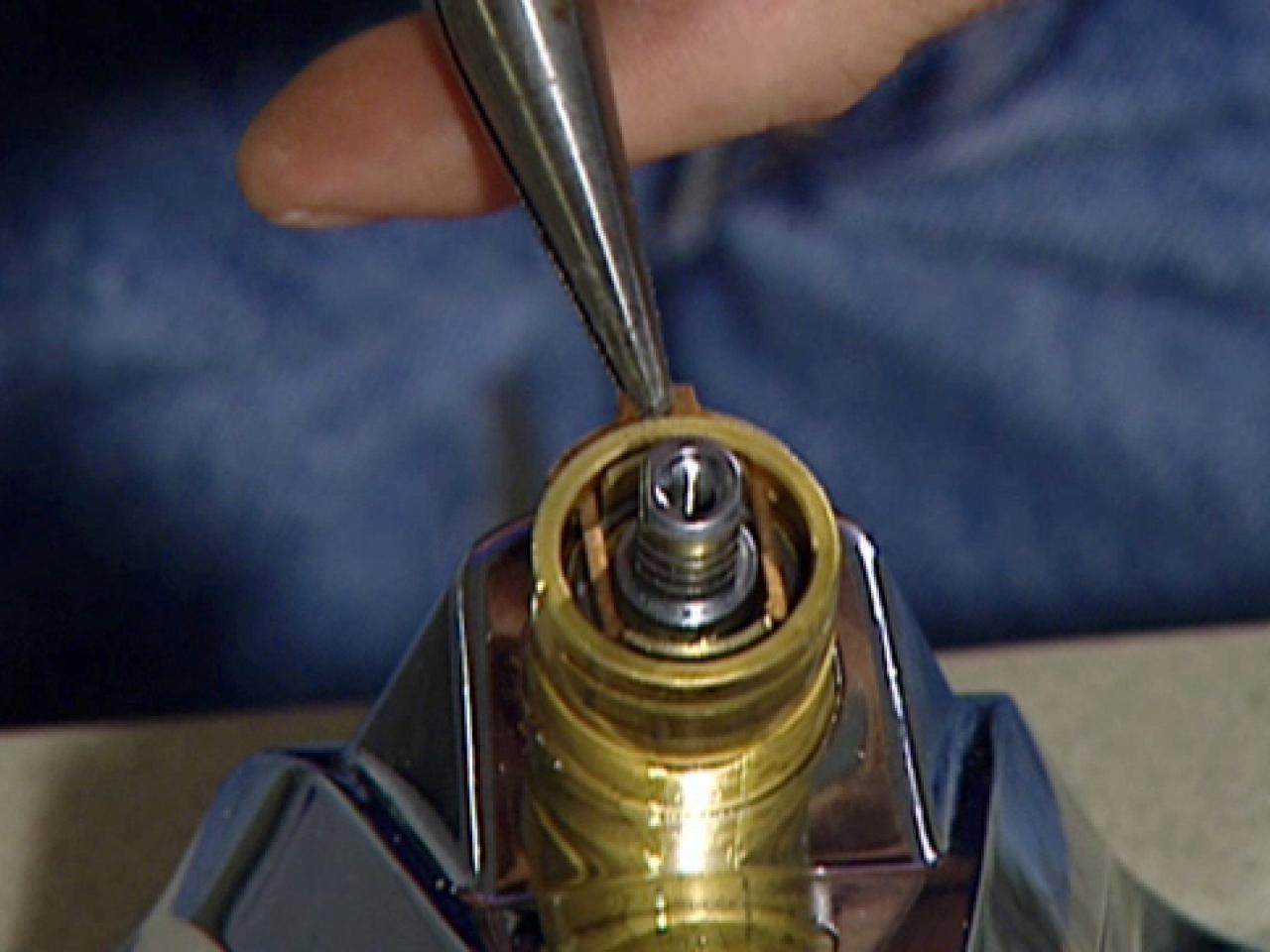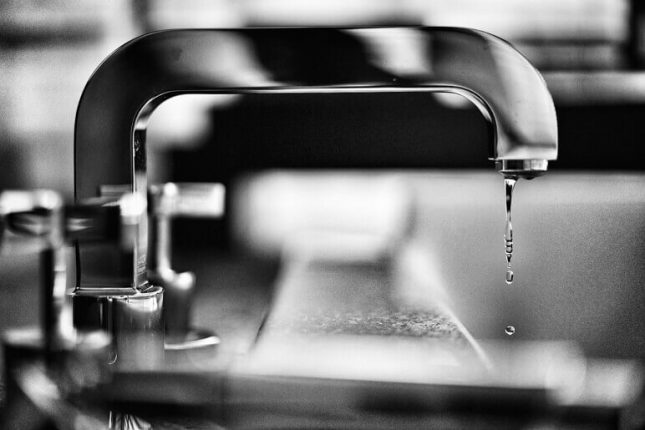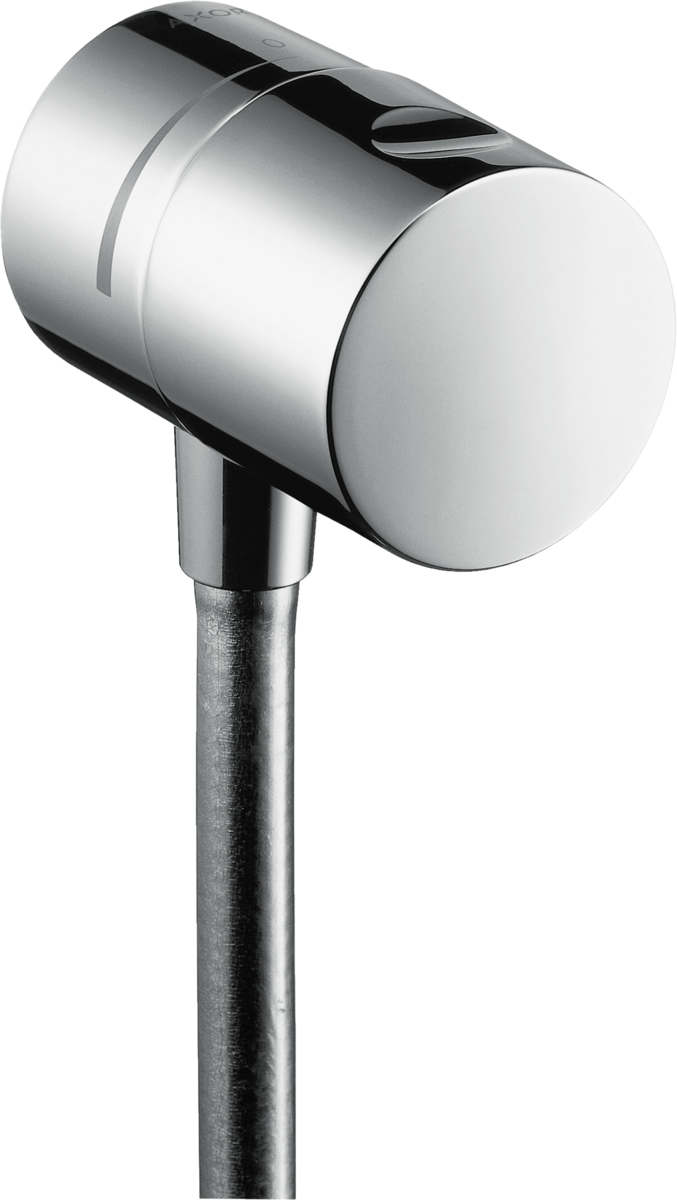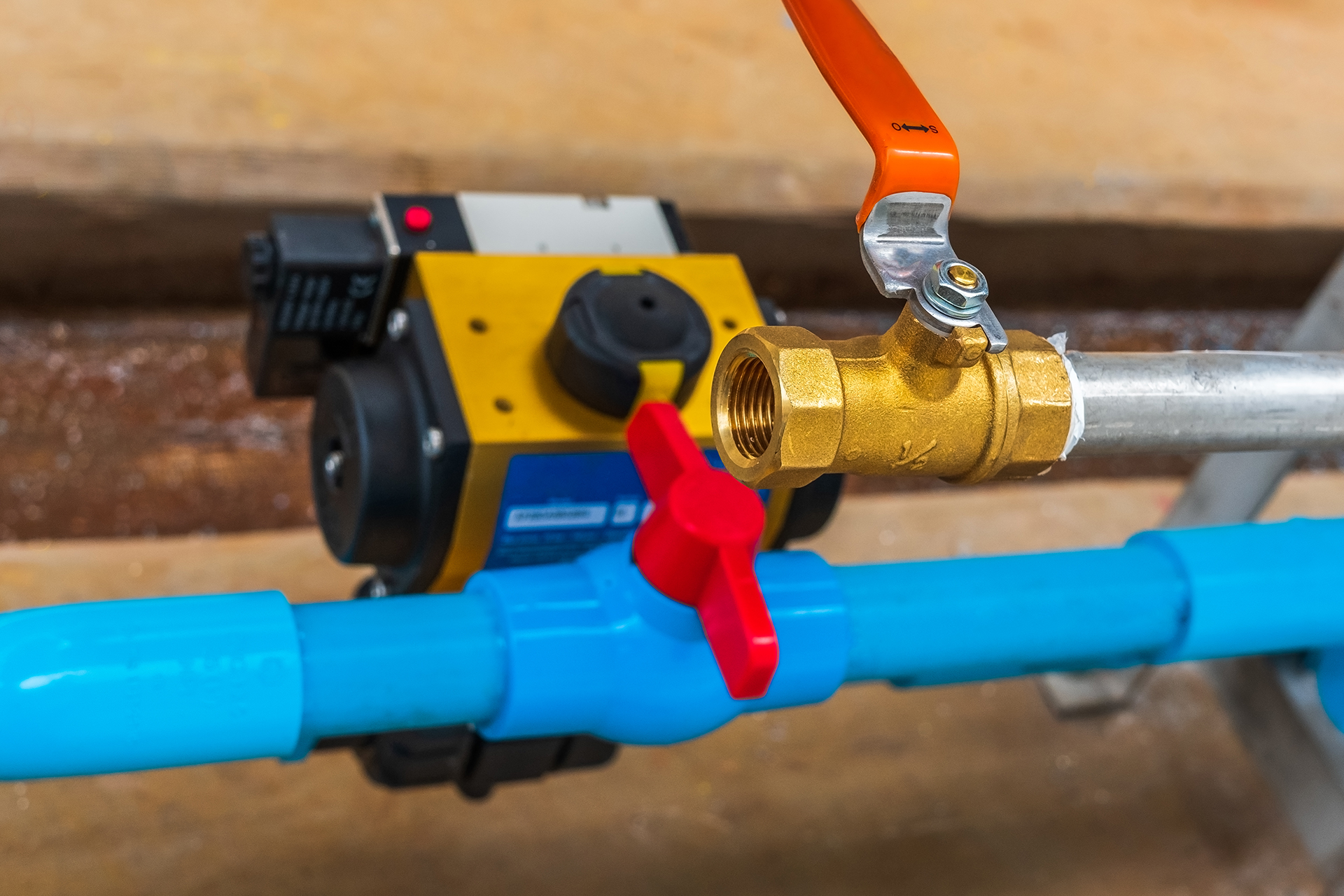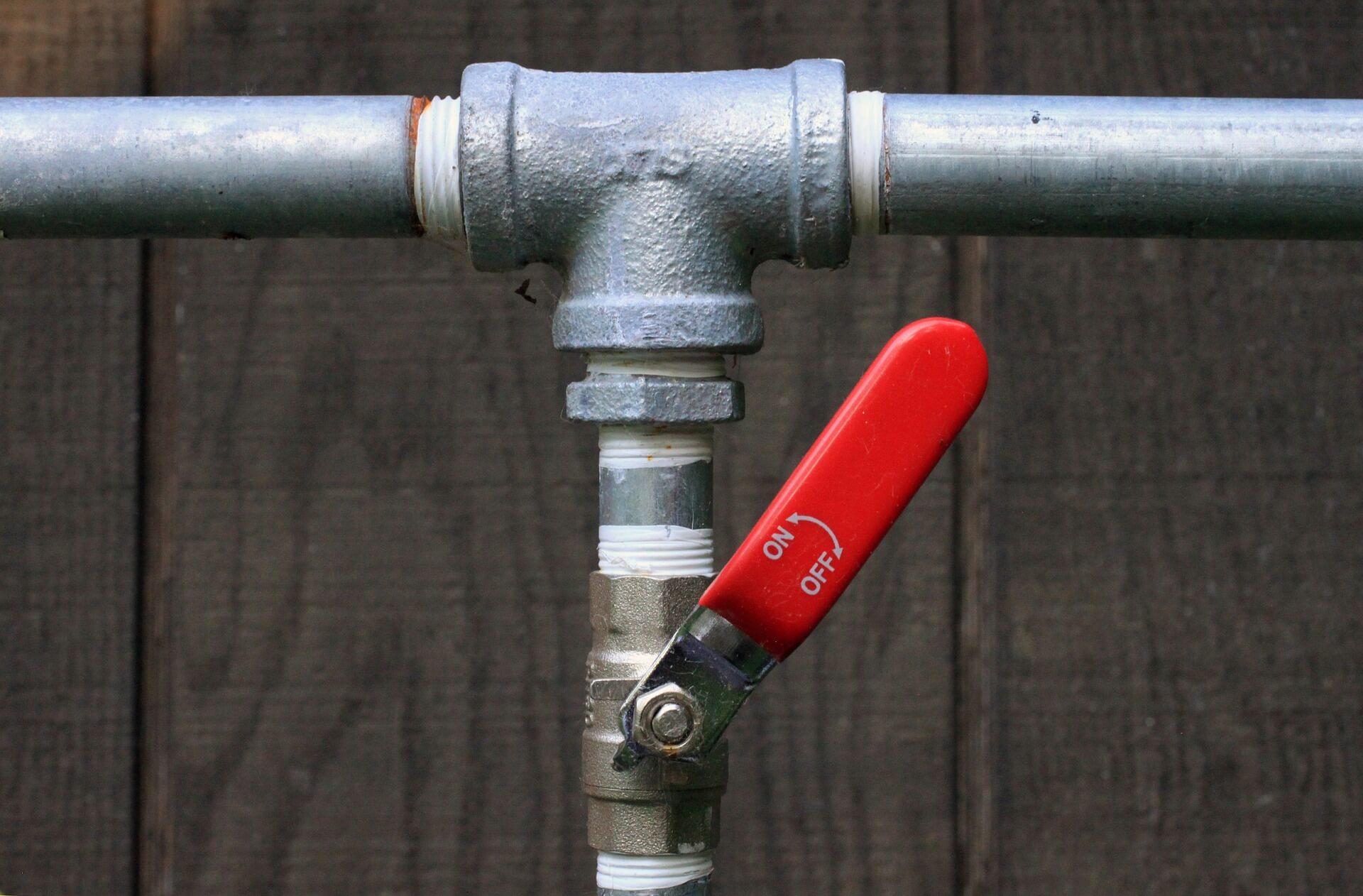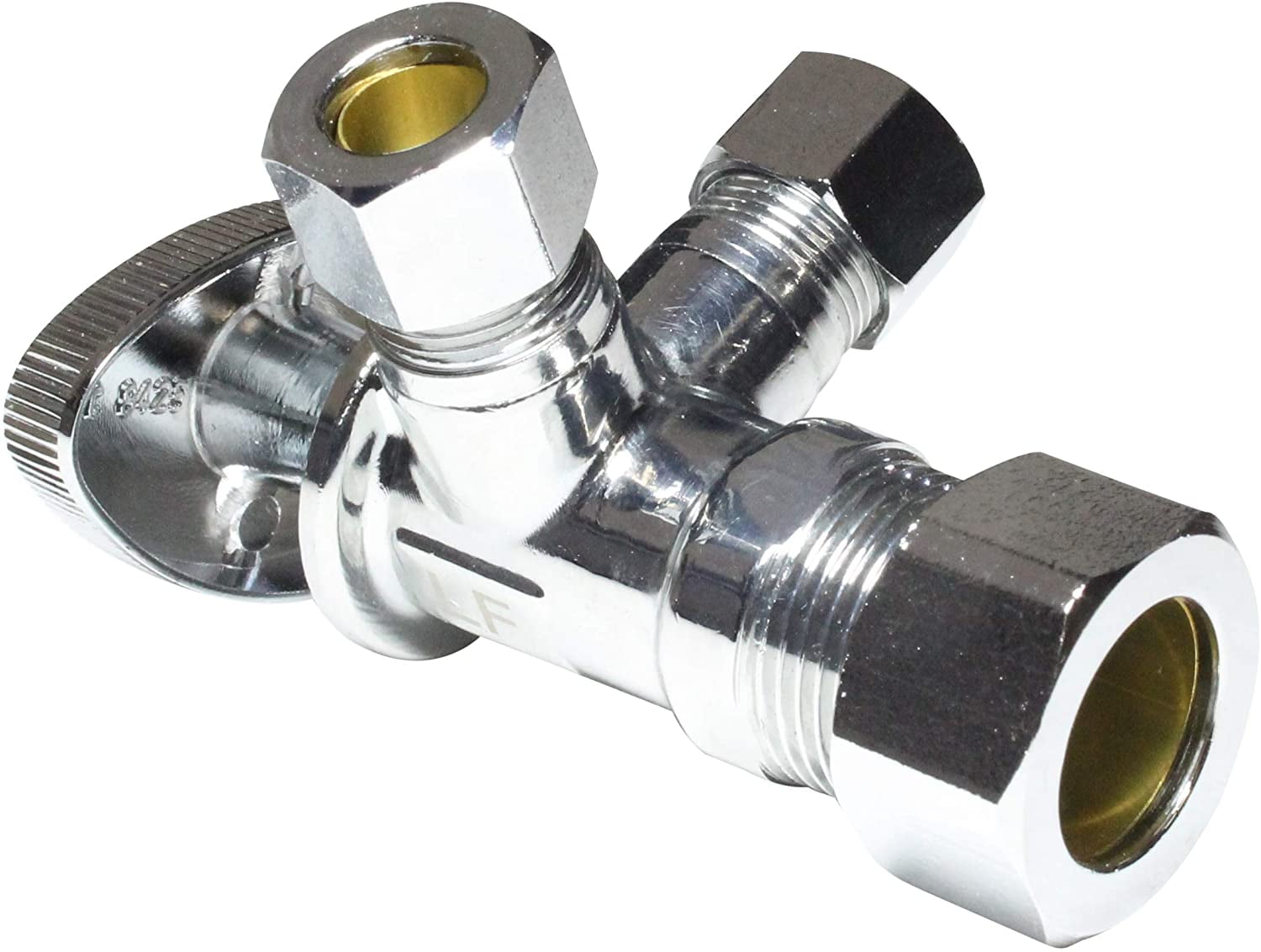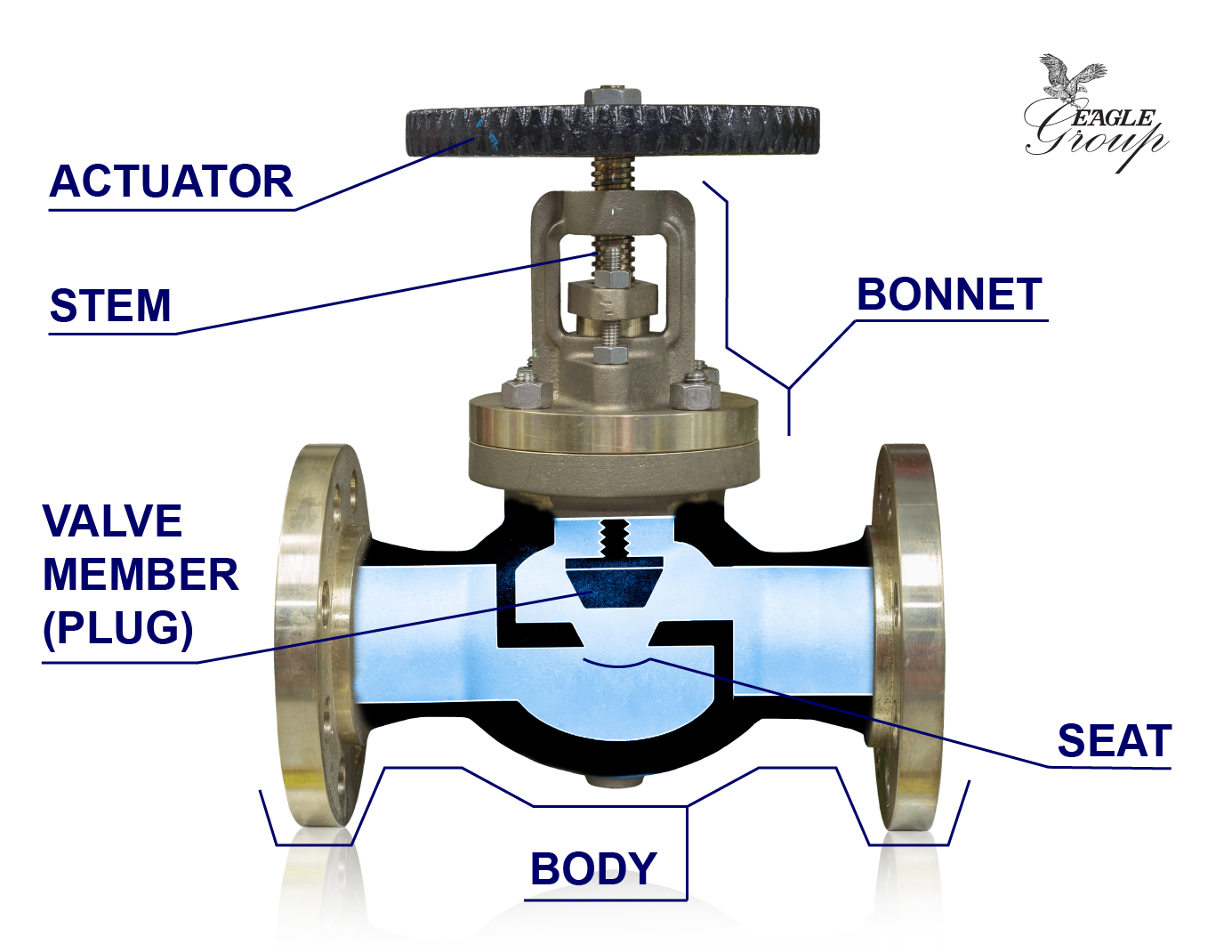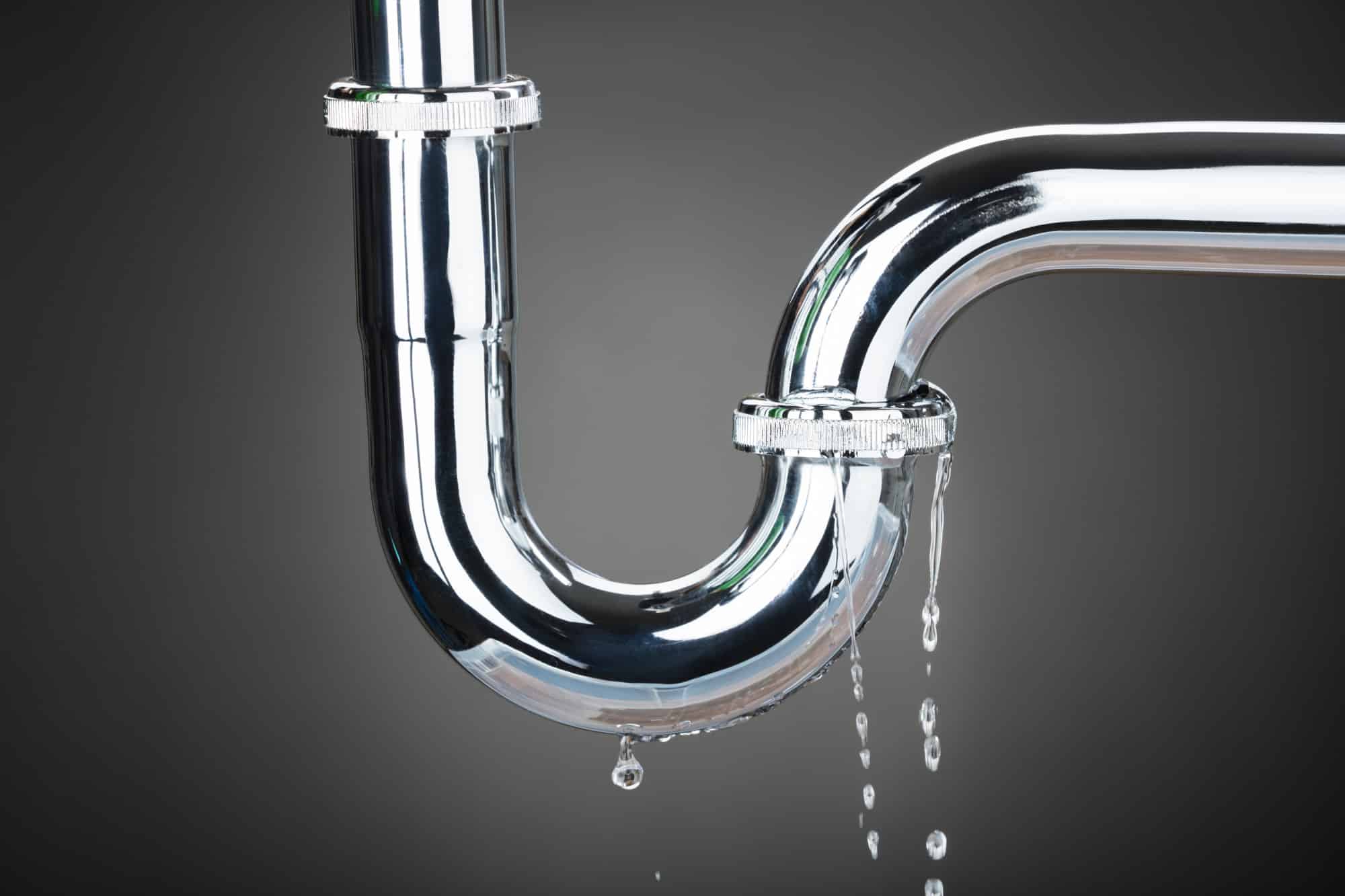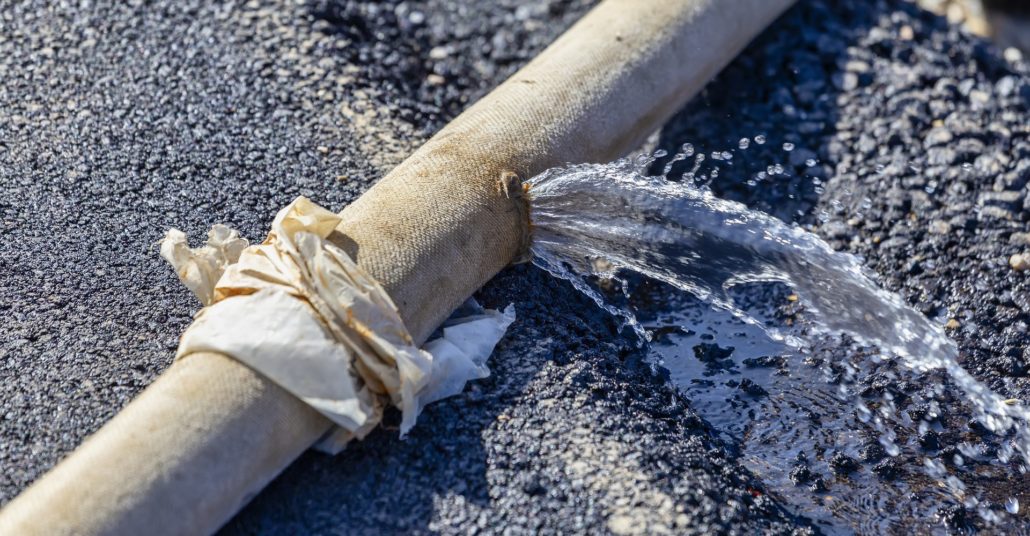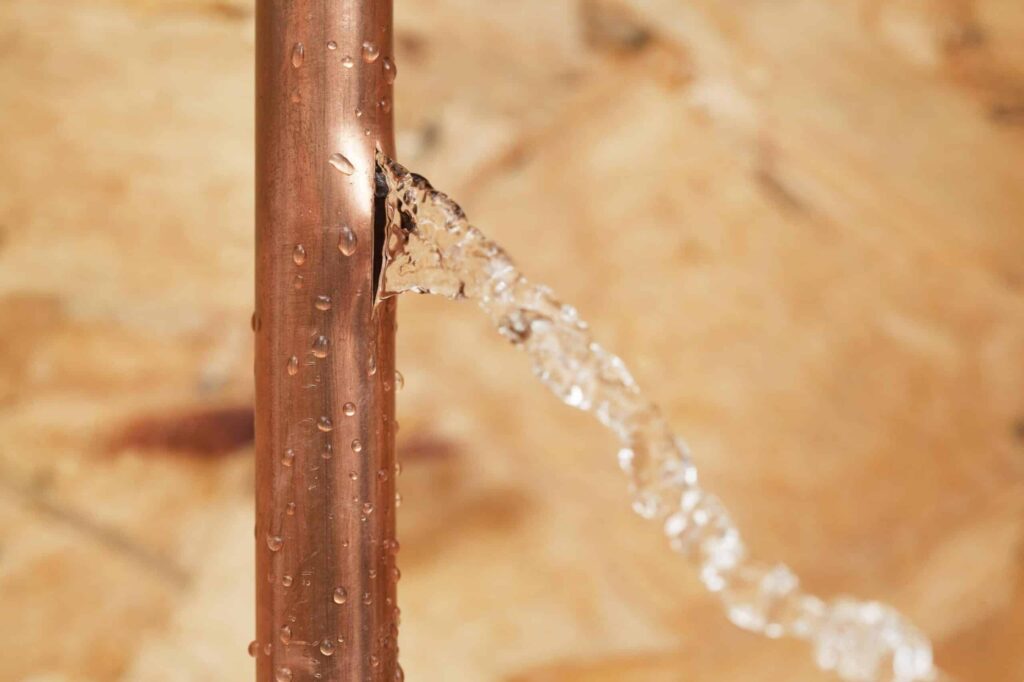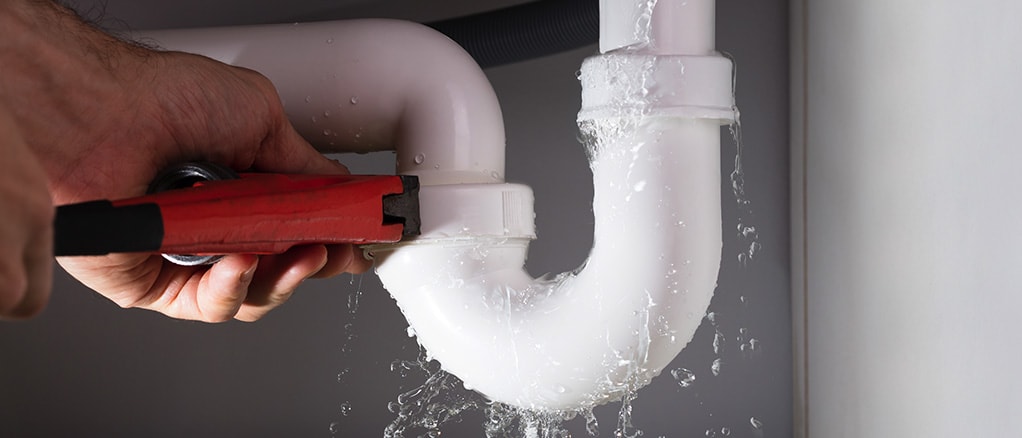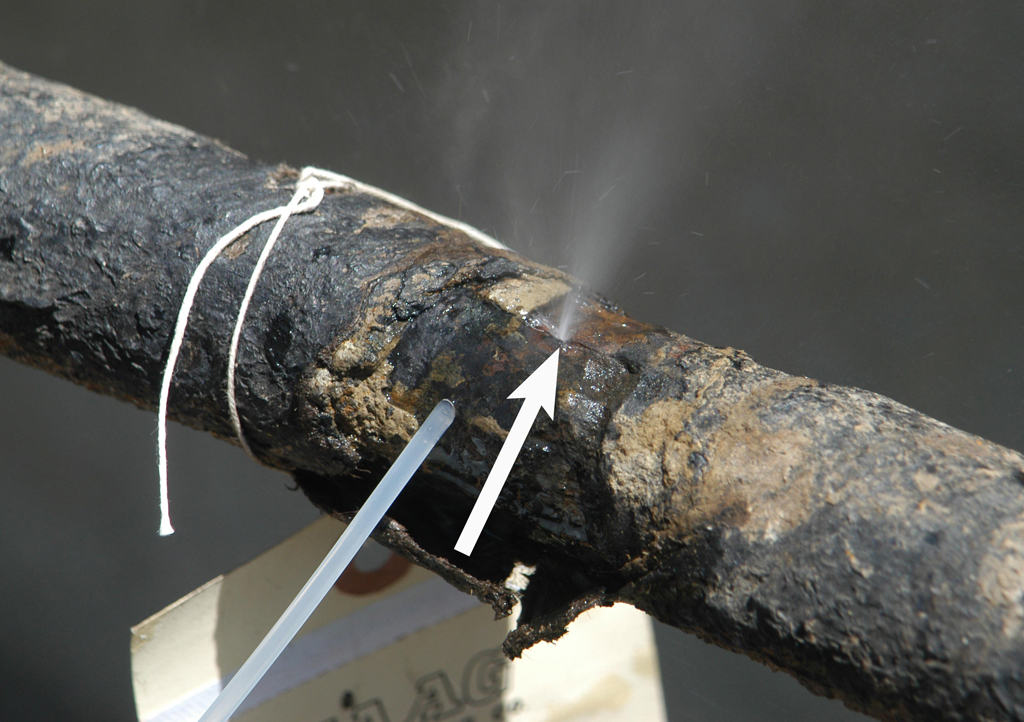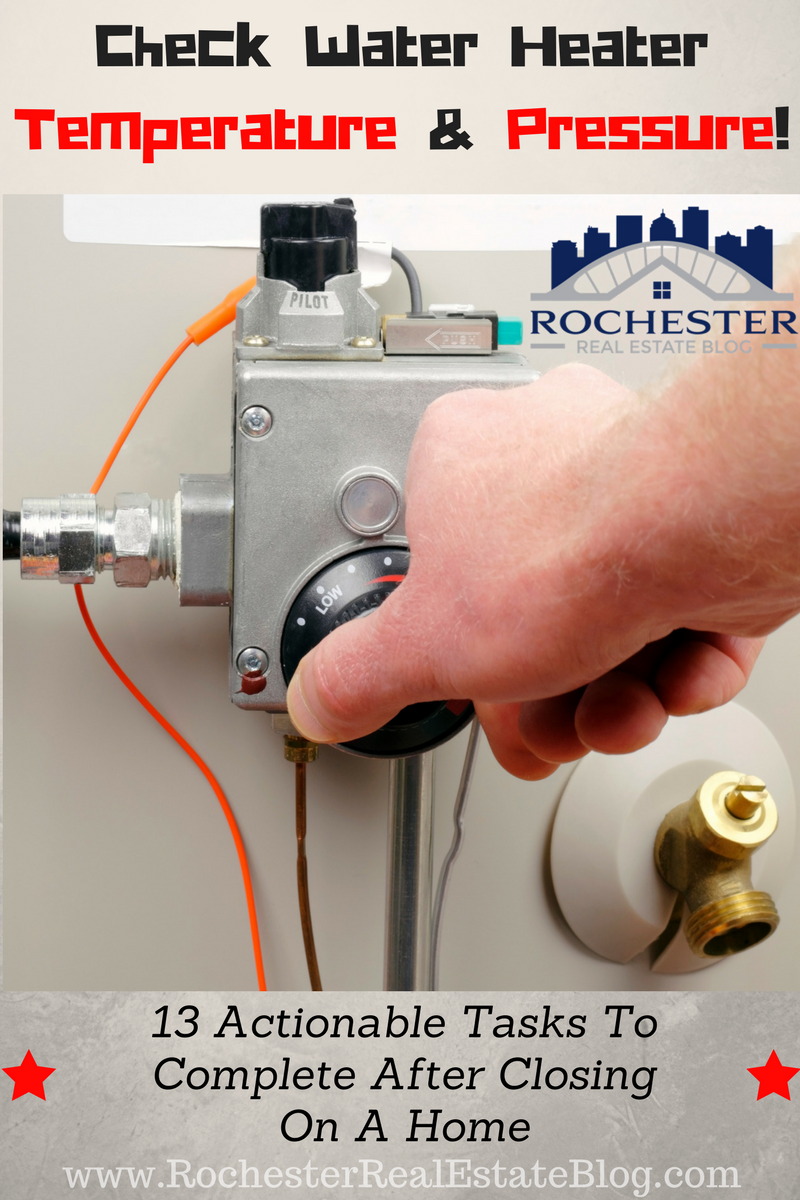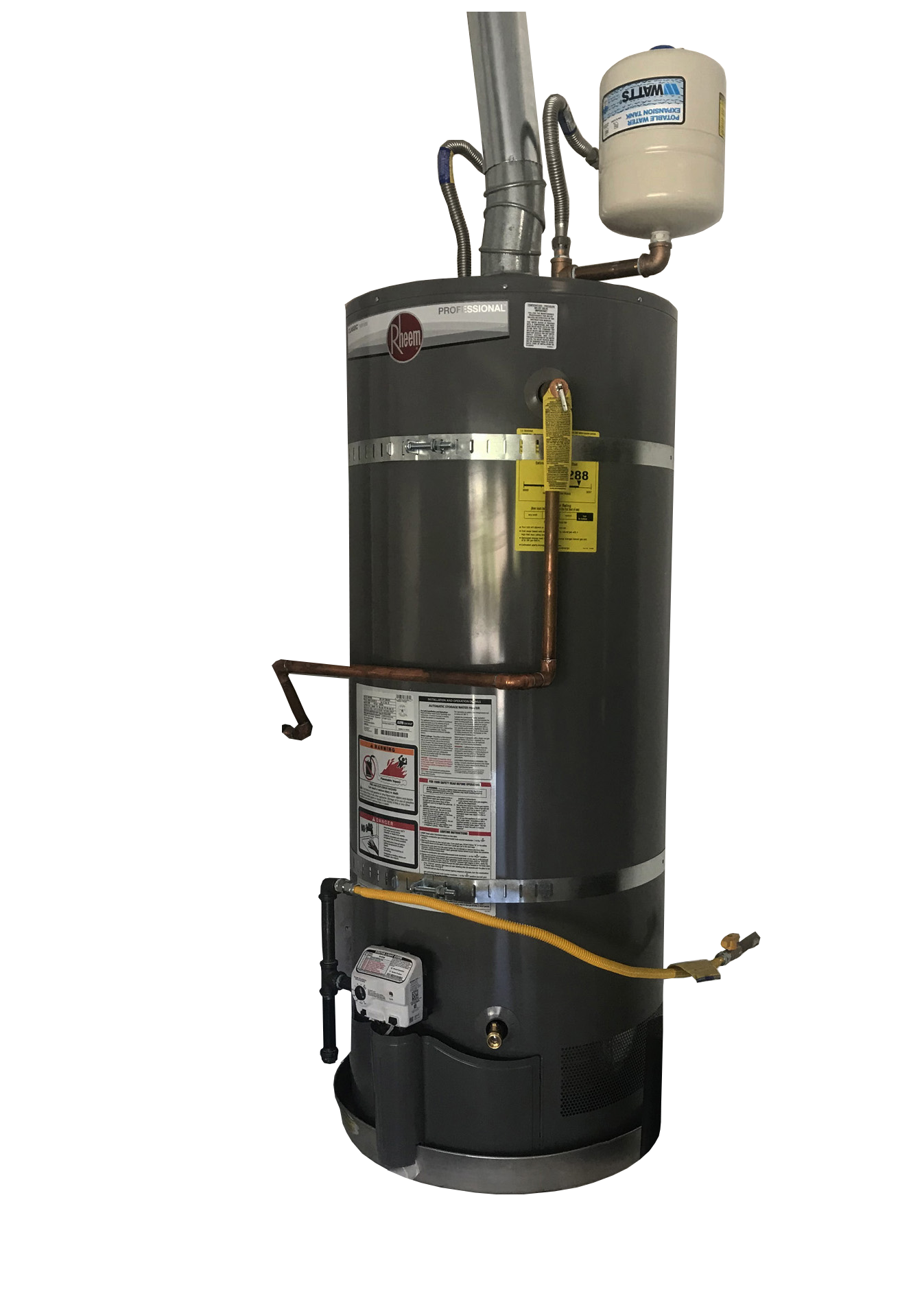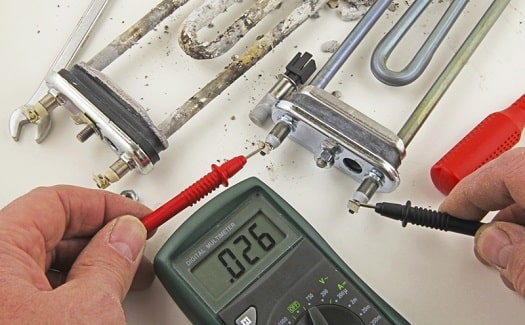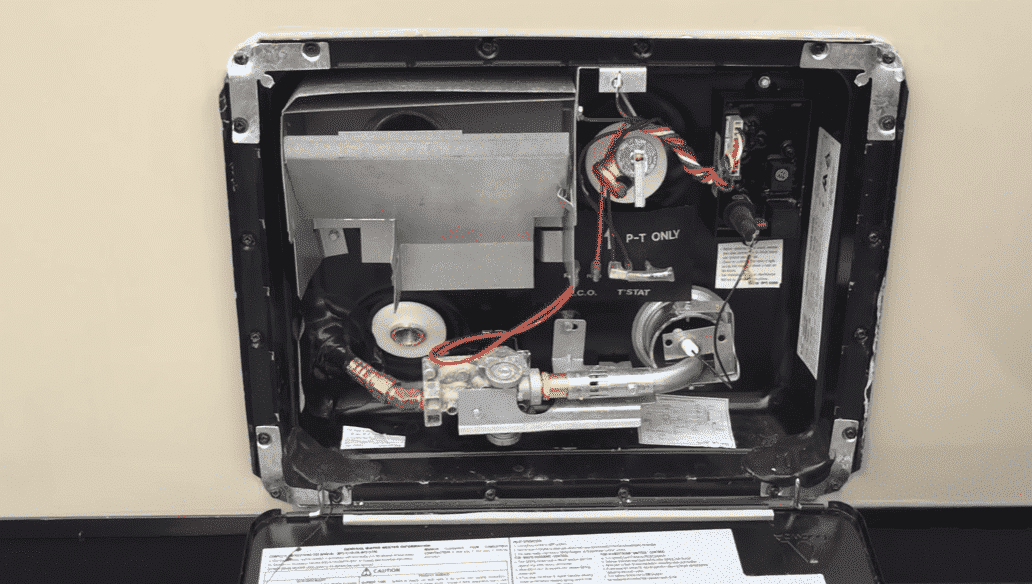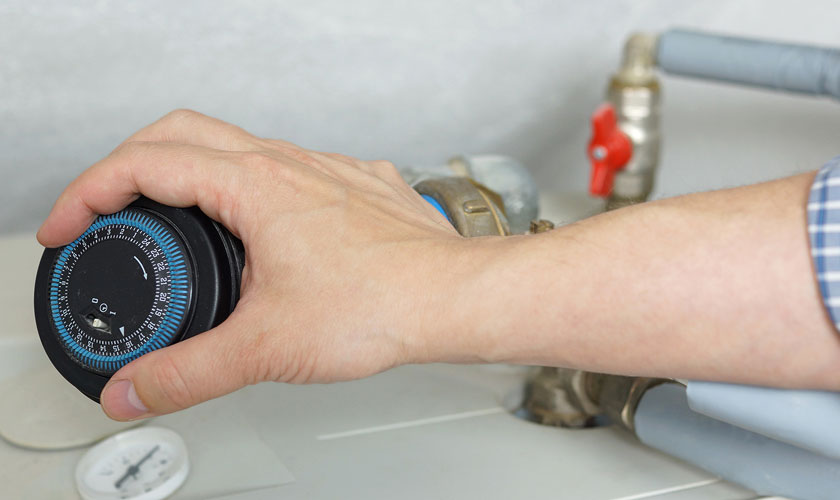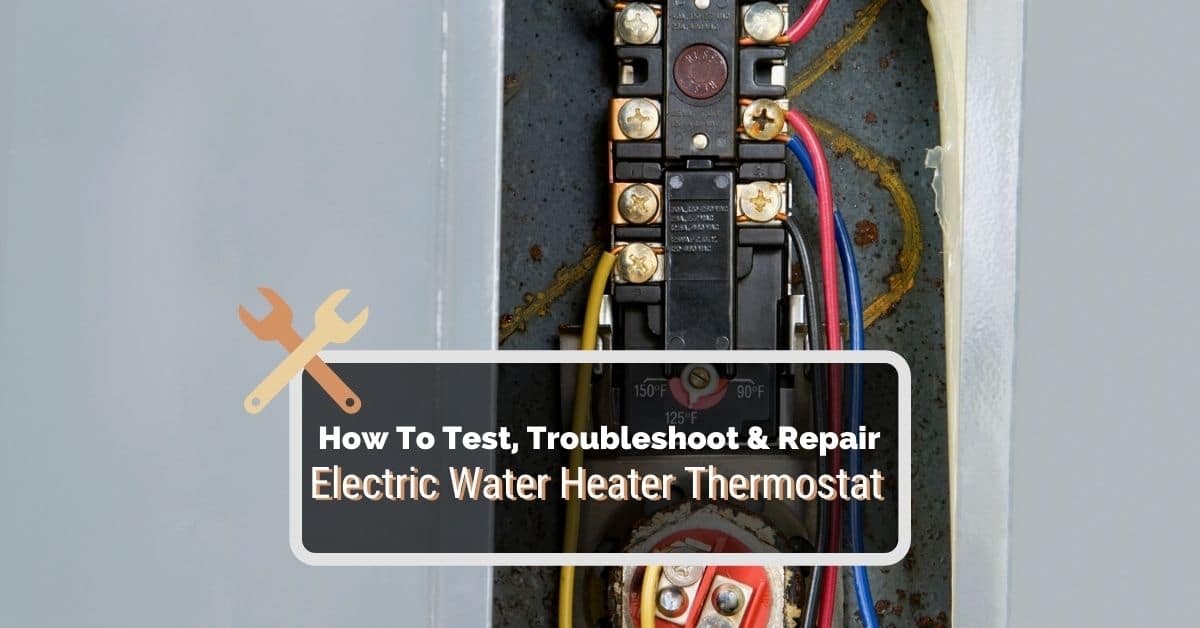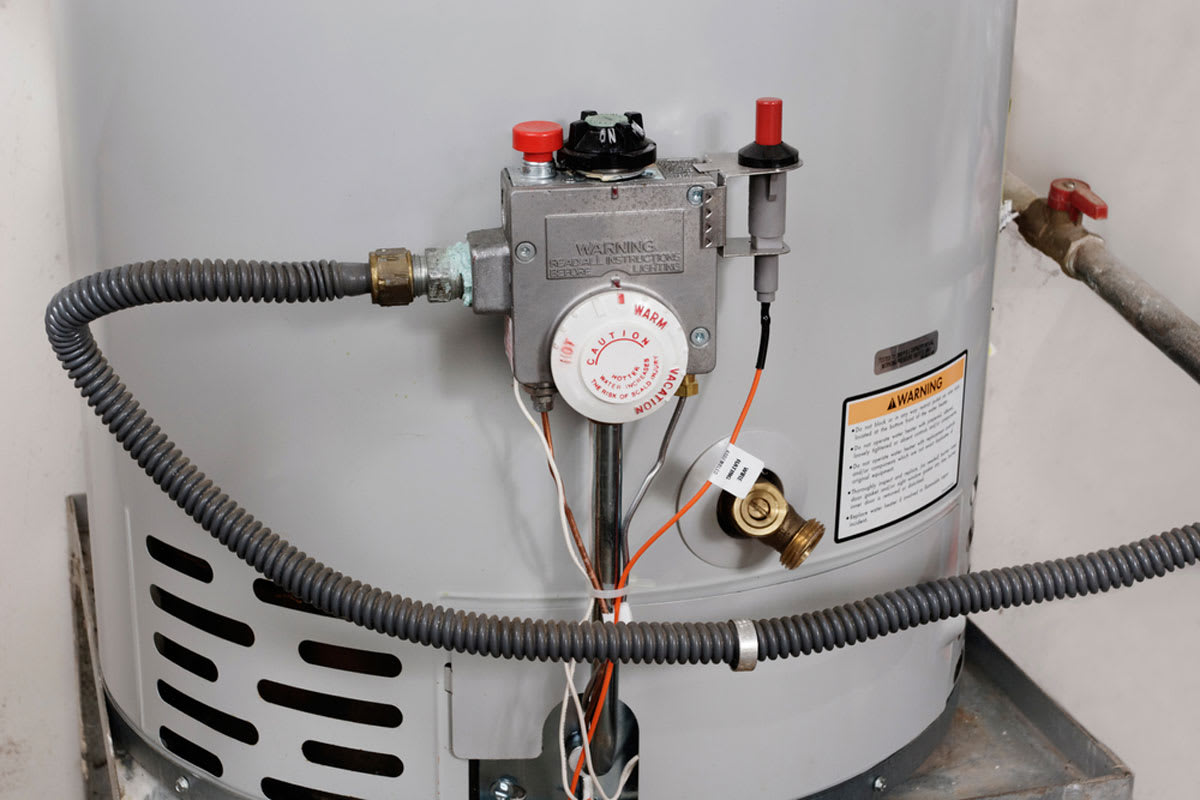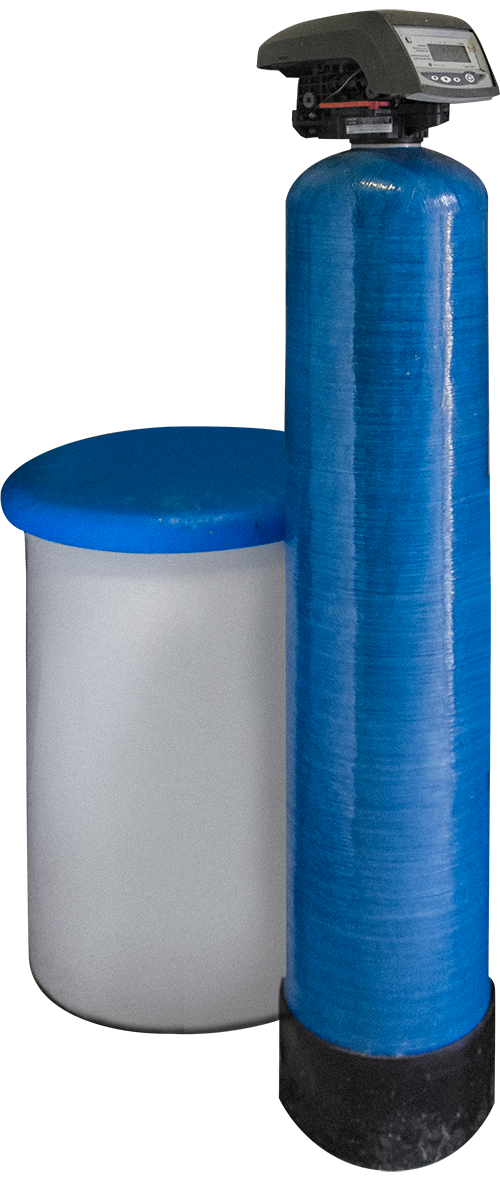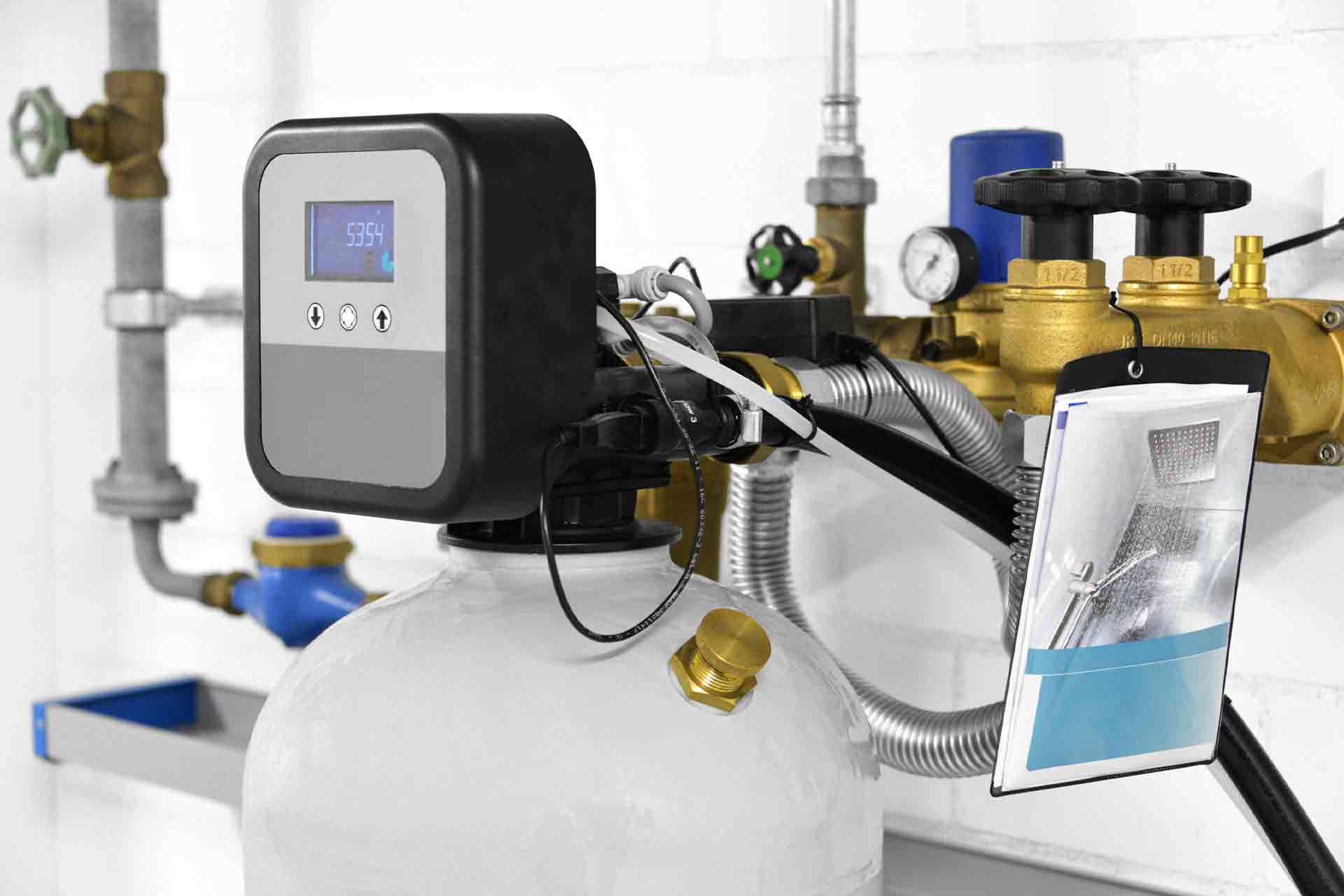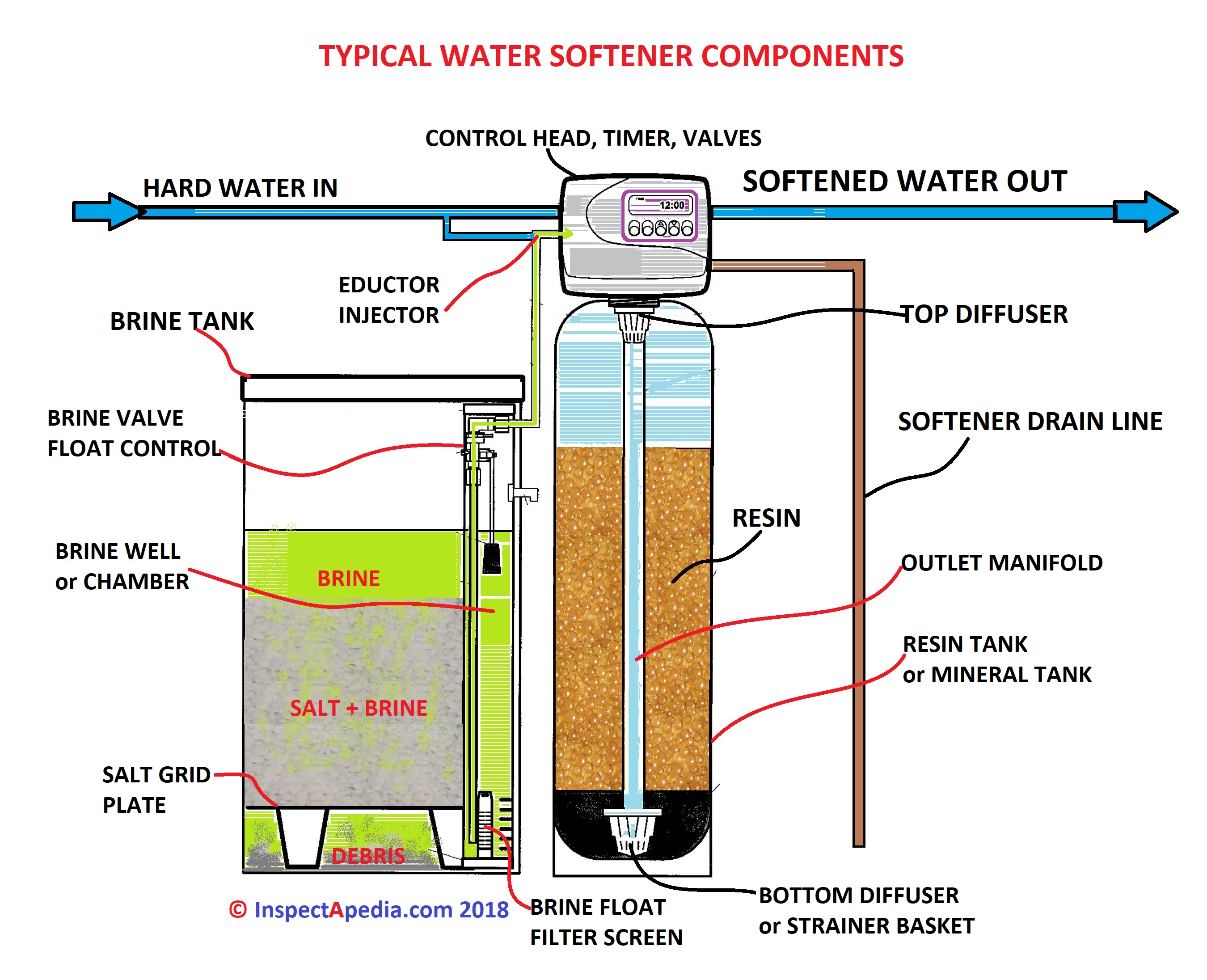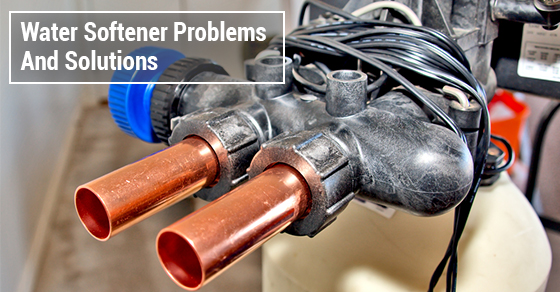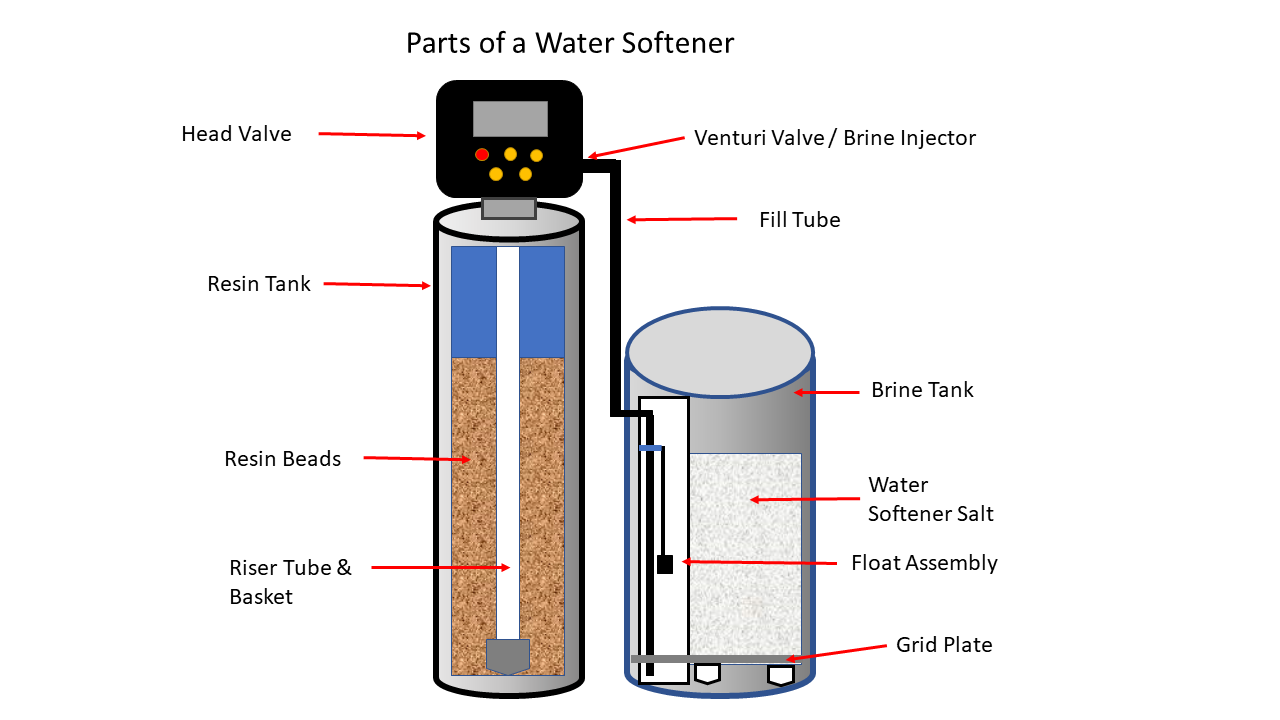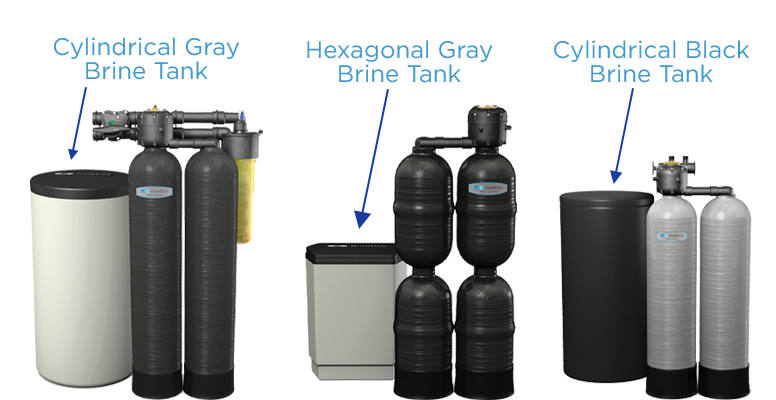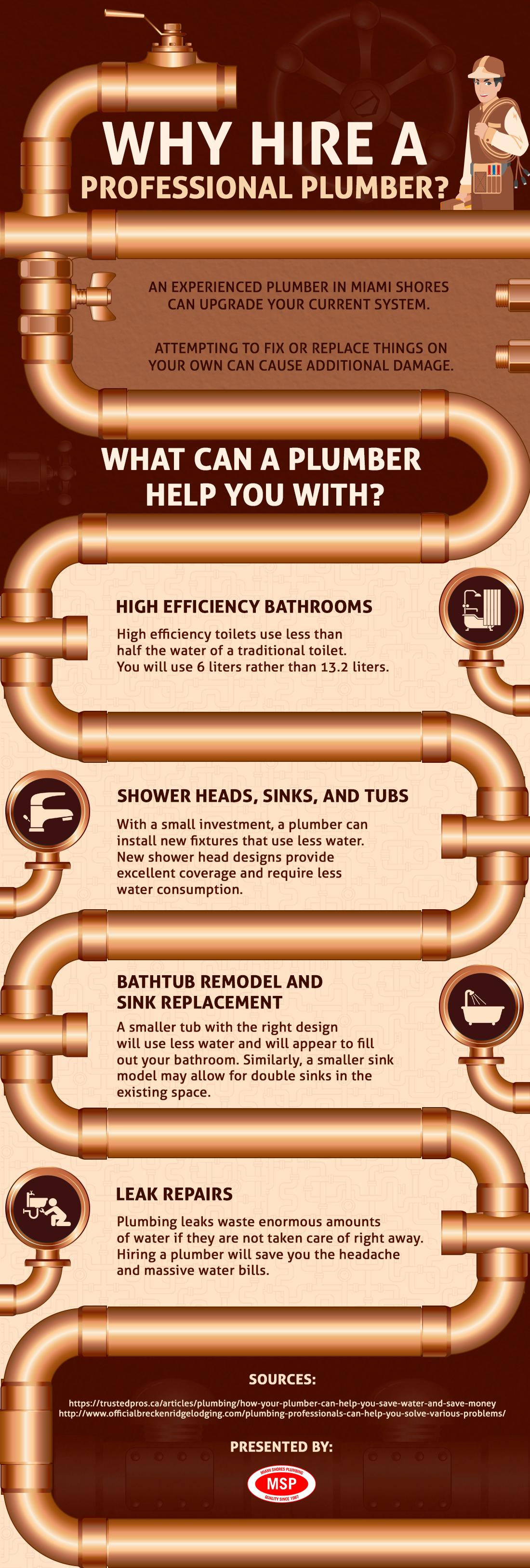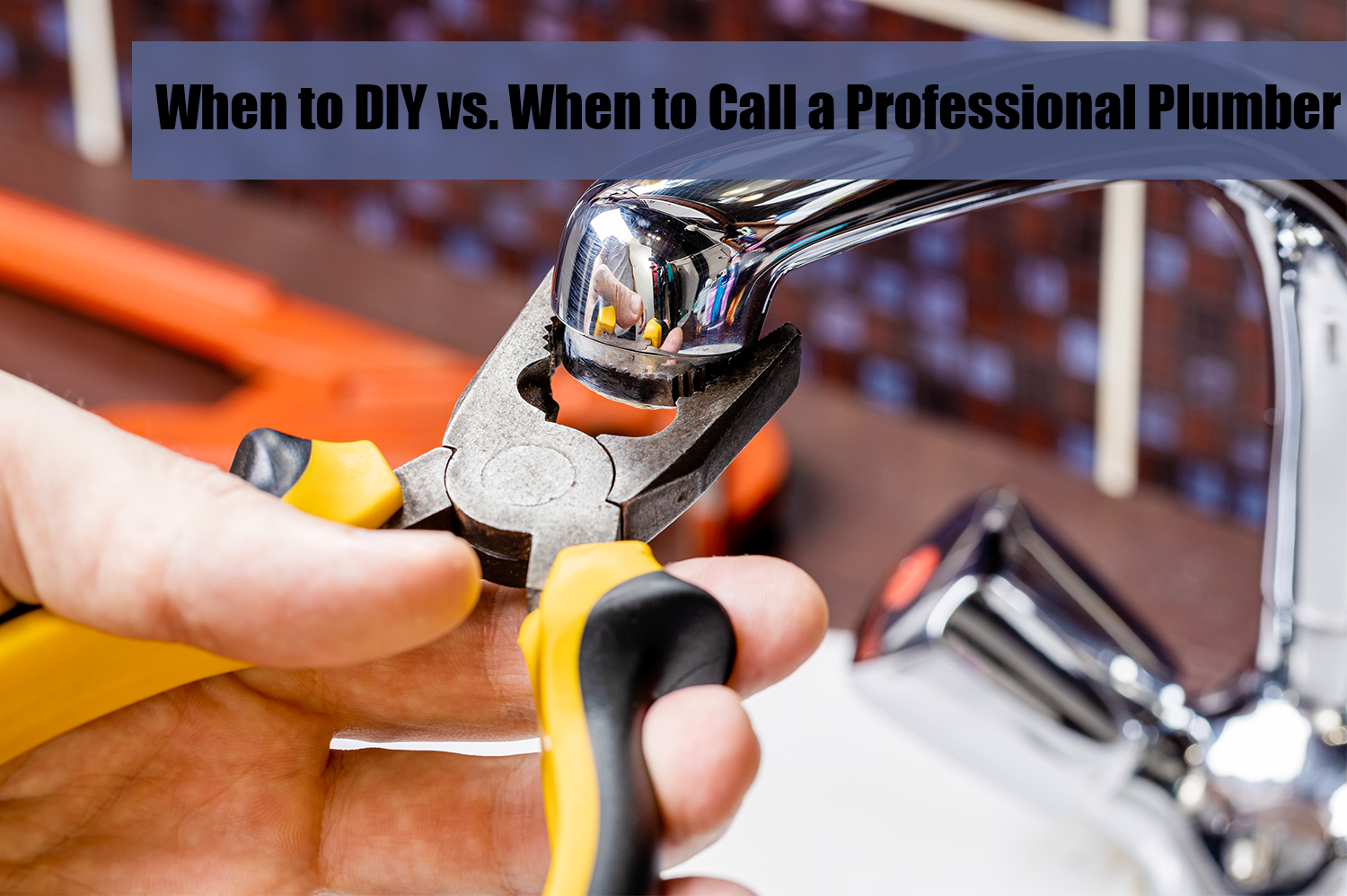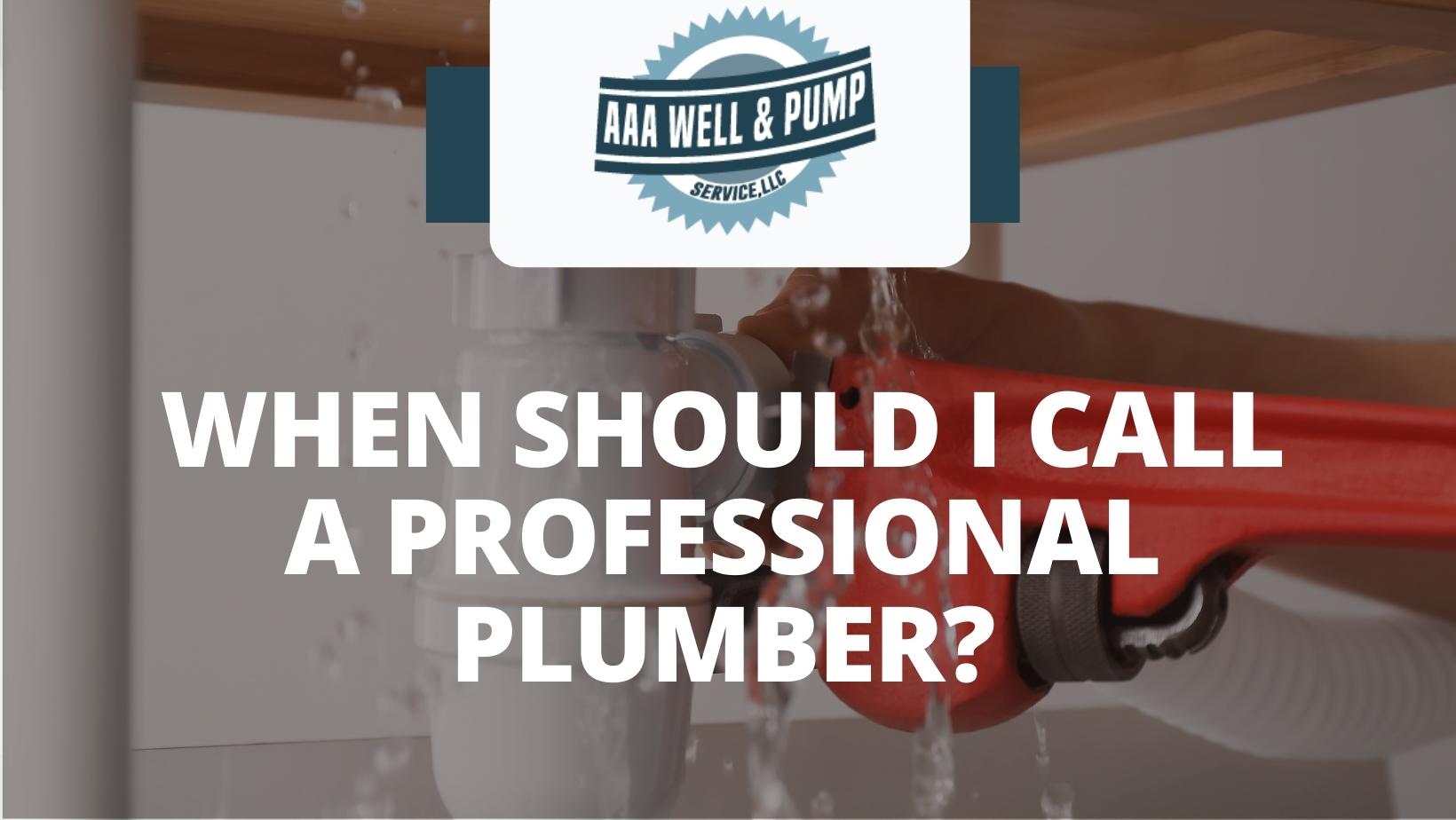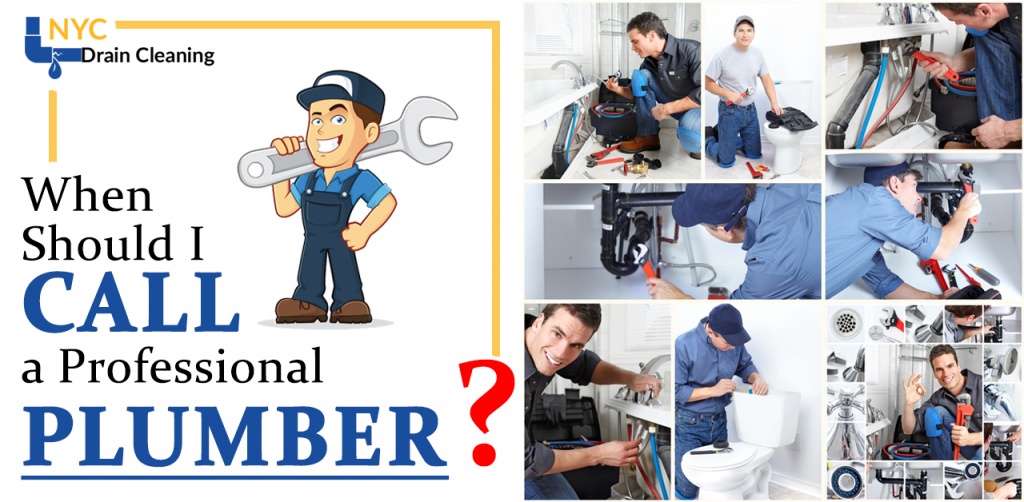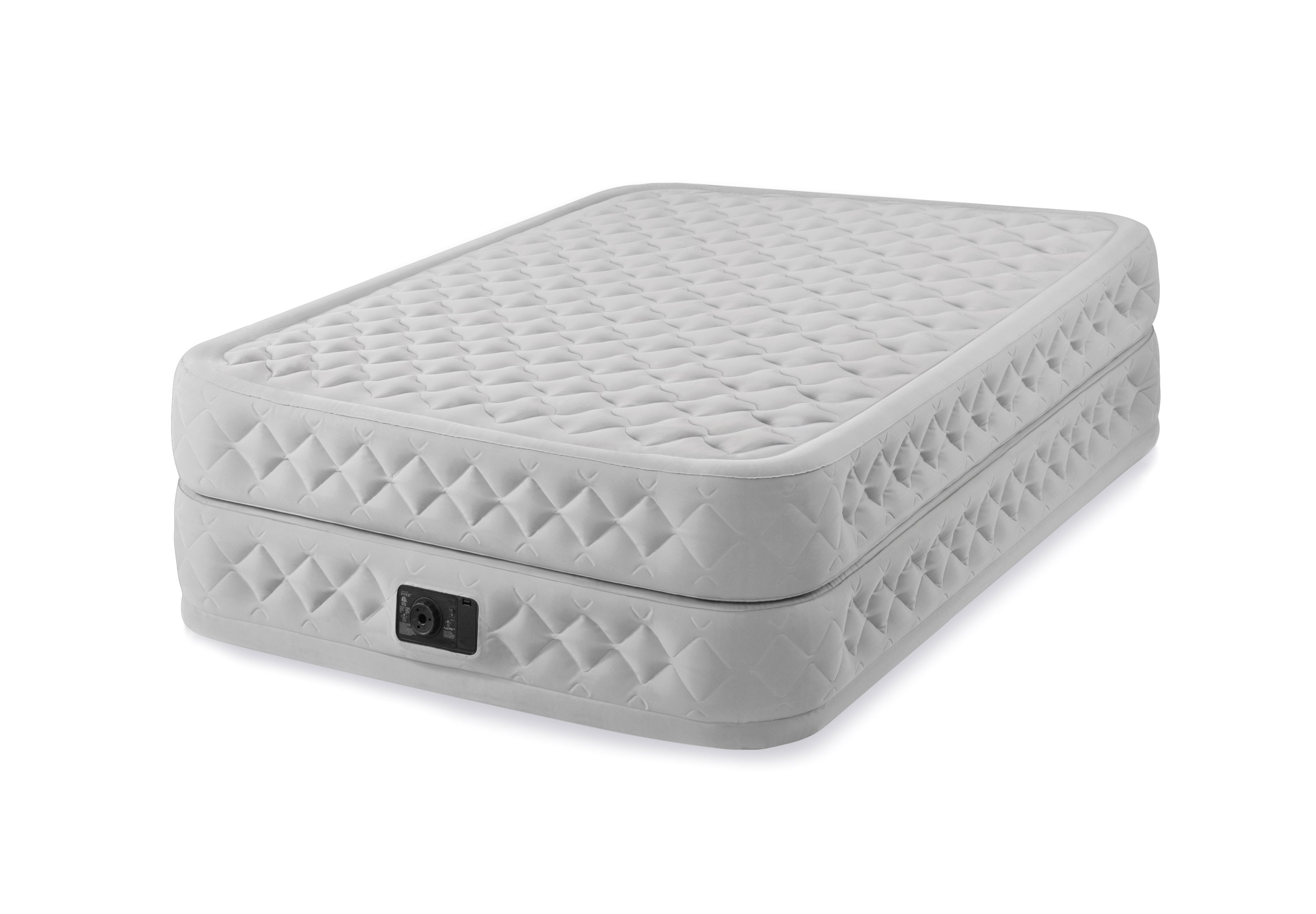Check the aerator
If your kitchen sink is experiencing a sudden loss of water pressure, the first thing you should check is the aerator. This small device is attached to the end of your faucet and helps to control the flow of water. Over time, mineral deposits and debris can build up in the aerator, causing it to clog and restrict water flow. To check the aerator, simply unscrew it from the faucet and rinse it off with water. If it is heavily clogged, you may need to soak it in a mixture of vinegar and water to dissolve the buildup. Cleaning the aerator can often solve the issue of low water pressure.
Check the water supply
If the aerator is not the culprit, the next step is to check the water supply. Make sure that the shut-off valves under the sink are fully open and the water supply valve for your house is turned on. If you recently had any plumbing work done in your home, it's possible that the water supply valve was accidentally turned off and never turned back on. Double check to make sure this is not the case.
Check the pipes for clogs
Clogged pipes can also be a cause of low water pressure in your kitchen sink. Over time, debris, grease, and other materials can build up in the pipes and restrict the flow of water. To check for clogs, you can use a plunger or a plumbing snake to try and clear the blockage. If you are unable to clear the clog yourself, it may be time to call a professional plumber.
Check the water pressure regulator
Every home has a water pressure regulator, which is responsible for maintaining a consistent water pressure throughout the house. If this regulator is not functioning properly, it can lead to a loss of water pressure in certain areas, including your kitchen sink. Check the pressure regulator and make sure it is set to the correct pressure. If it is not, it may need to be adjusted or replaced by a professional.
Check the faucet cartridge
The cartridge in your faucet is responsible for controlling the flow of water. If it becomes damaged or worn out, it can result in a loss of water pressure. To check the cartridge, you will need to turn off the water supply and remove the handle and cartridge from the faucet. Inspect the cartridge for any signs of damage or wear and tear. If necessary, replace the cartridge to restore proper water pressure.
Check the shut-off valves
In addition to the shut-off valves under the sink, there may also be main shut-off valves that control the water flow to your kitchen sink. These valves can become partially closed or blocked, leading to a decrease in water pressure. Make sure these valves are fully open and not obstructed in any way.
Check for leaks in the pipes
Leaky pipes can also contribute to a loss of water pressure in your kitchen sink. Check all visible pipes for any signs of leaks, such as water dripping or pooling. If you find any leaks, they will need to be repaired by a professional plumber.
Check the water heater
If your kitchen sink is the only area experiencing low water pressure, it's possible that the issue is with your water heater. Sediment and mineral buildup can accumulate in the water heater and affect the water pressure. To solve this, you can try flushing out the water heater or having it professionally cleaned.
Check the water softener
Another potential cause of low water pressure in your kitchen sink is a malfunctioning water softener. If you have a water softener system in your home, make sure it is functioning properly and not causing a decrease in water pressure. If necessary, have the system serviced or repaired.
Call a plumber for professional help
If you have gone through all of the above steps and are still experiencing a loss of water pressure in your kitchen sink, it may be time to call a professional plumber. They will have the expertise and tools necessary to diagnose and fix the issue, ensuring that your kitchen sink has proper water pressure once again.
In conclusion, a loss of water pressure in your kitchen sink can be a frustrating problem to deal with. However, by following these troubleshooting steps and seeking professional help if needed, you can get your kitchen sink back to functioning properly in no time. Don't let low water pressure slow you down in the kitchen - take action and restore proper water flow today.
How to Troubleshoot and Fix Low Water Pressure in Your Kitchen Sink

Understanding the Causes of Low Water Pressure
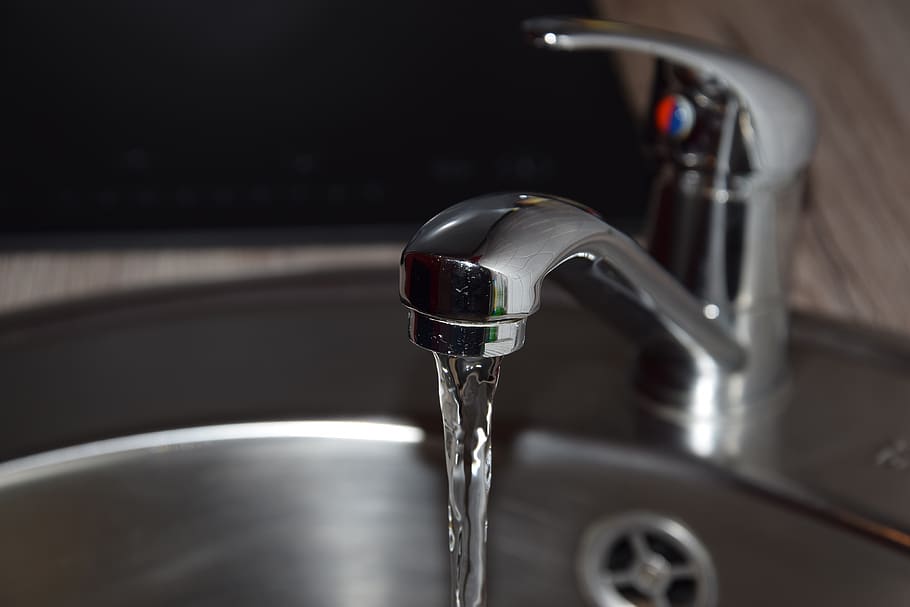 If you've noticed a decrease in water pressure in your kitchen sink, you're not alone. Low water pressure is a common issue that many homeowners face, and it can be frustrating when you're trying to wash dishes or fill up a pot for cooking. There are a few possible reasons why your kitchen sink may be losing water pressure, and it's important to identify the cause in order to find the right solution.
If you've noticed a decrease in water pressure in your kitchen sink, you're not alone. Low water pressure is a common issue that many homeowners face, and it can be frustrating when you're trying to wash dishes or fill up a pot for cooking. There are a few possible reasons why your kitchen sink may be losing water pressure, and it's important to identify the cause in order to find the right solution.
Clogged Faucet Aerator
 One of the most common causes of low water pressure in a kitchen sink is a clogged faucet aerator. The aerator is a small mesh screen located at the end of the faucet spout that helps to mix air with the water, creating a smooth and consistent flow. Over time, mineral deposits and debris can build up in the aerator, obstructing the flow of water and reducing water pressure. This is an easy fix that can be solved by simply unscrewing the aerator, cleaning it, and reattaching it to the faucet.
One of the most common causes of low water pressure in a kitchen sink is a clogged faucet aerator. The aerator is a small mesh screen located at the end of the faucet spout that helps to mix air with the water, creating a smooth and consistent flow. Over time, mineral deposits and debris can build up in the aerator, obstructing the flow of water and reducing water pressure. This is an easy fix that can be solved by simply unscrewing the aerator, cleaning it, and reattaching it to the faucet.
Blocked Pipes
 Another possible cause of low water pressure in your kitchen sink is a blockage in the pipes. This can occur due to a buildup of debris, such as food particles or grease, or even a foreign object that has accidentally made its way into the pipes. In some cases, the blockage may be further down in the main plumbing line, which may require the help of a professional plumber to resolve. Regular maintenance and proper disposal of food waste can help prevent this issue from occurring.
Another possible cause of low water pressure in your kitchen sink is a blockage in the pipes. This can occur due to a buildup of debris, such as food particles or grease, or even a foreign object that has accidentally made its way into the pipes. In some cases, the blockage may be further down in the main plumbing line, which may require the help of a professional plumber to resolve. Regular maintenance and proper disposal of food waste can help prevent this issue from occurring.
Corroded Pipes
/water-overflowing-in-kitchen-sink-200553937-001-5797e6335f9b58461f5a6736.jpg) If you have an older home, your water pipes may be made of galvanized steel, which can corrode over time. Corroded pipes can restrict the flow of water and lead to low water pressure in your kitchen sink. In this case, it may be necessary to replace the pipes with newer materials, such as copper or plastic. This is a more extensive and costly fix, but it can greatly improve water pressure in your kitchen sink and prevent further issues in the future.
If you have an older home, your water pipes may be made of galvanized steel, which can corrode over time. Corroded pipes can restrict the flow of water and lead to low water pressure in your kitchen sink. In this case, it may be necessary to replace the pipes with newer materials, such as copper or plastic. This is a more extensive and costly fix, but it can greatly improve water pressure in your kitchen sink and prevent further issues in the future.
Conclusion
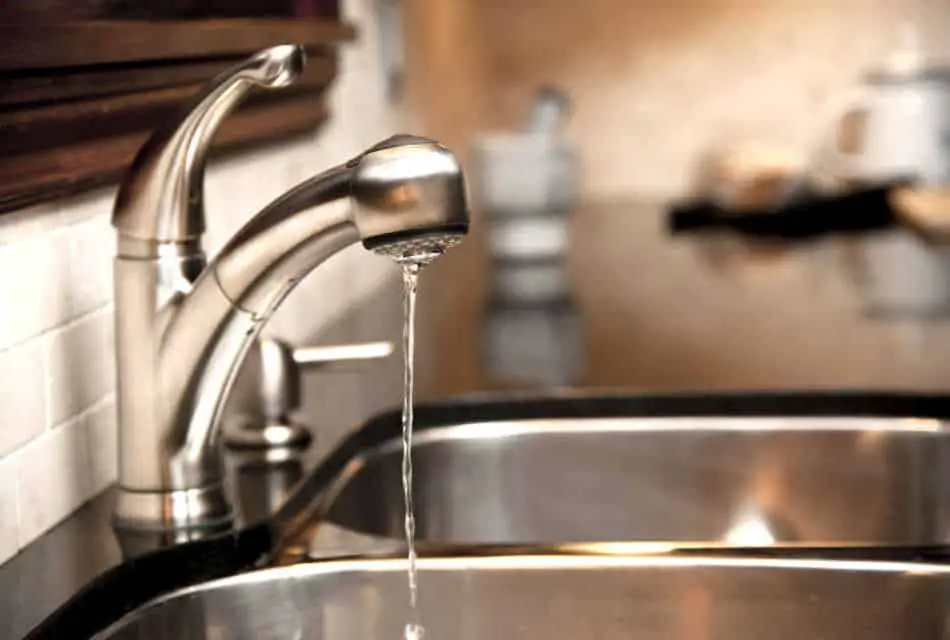 In conclusion, low water pressure in your kitchen sink is a common problem that can have a variety of causes. By identifying the source of the issue, you can take the necessary steps to fix it and restore optimal water pressure in your kitchen sink. Regular maintenance and proper use and disposal of your kitchen sink can help prevent future water pressure problems. If you are unable to resolve the issue on your own, it's best to seek the help of a professional plumber to avoid any further damage to your plumbing system.
In conclusion, low water pressure in your kitchen sink is a common problem that can have a variety of causes. By identifying the source of the issue, you can take the necessary steps to fix it and restore optimal water pressure in your kitchen sink. Regular maintenance and proper use and disposal of your kitchen sink can help prevent future water pressure problems. If you are unable to resolve the issue on your own, it's best to seek the help of a professional plumber to avoid any further damage to your plumbing system.


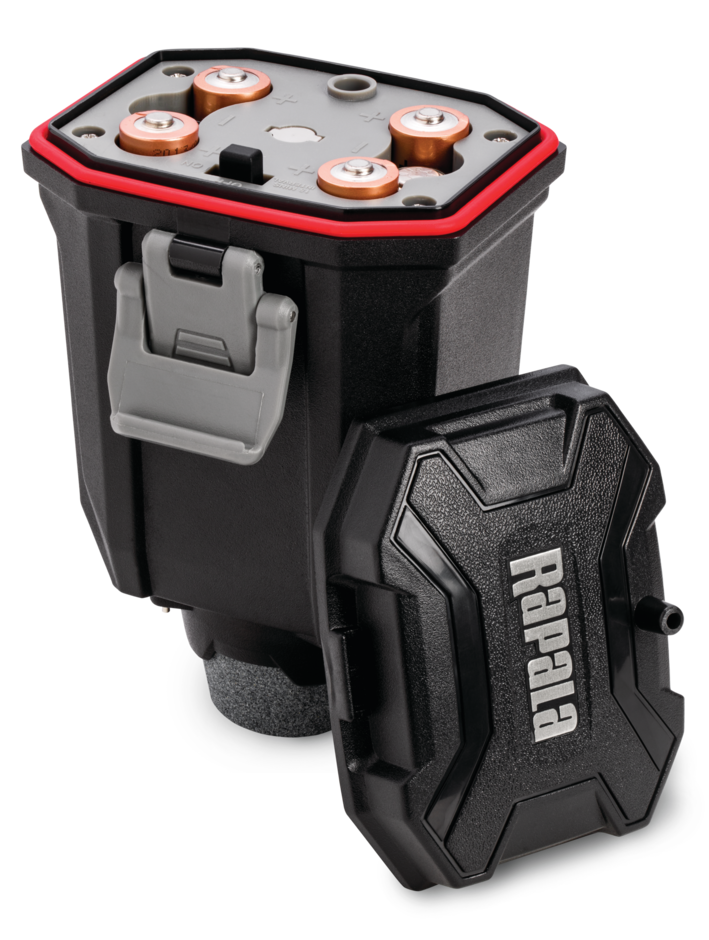
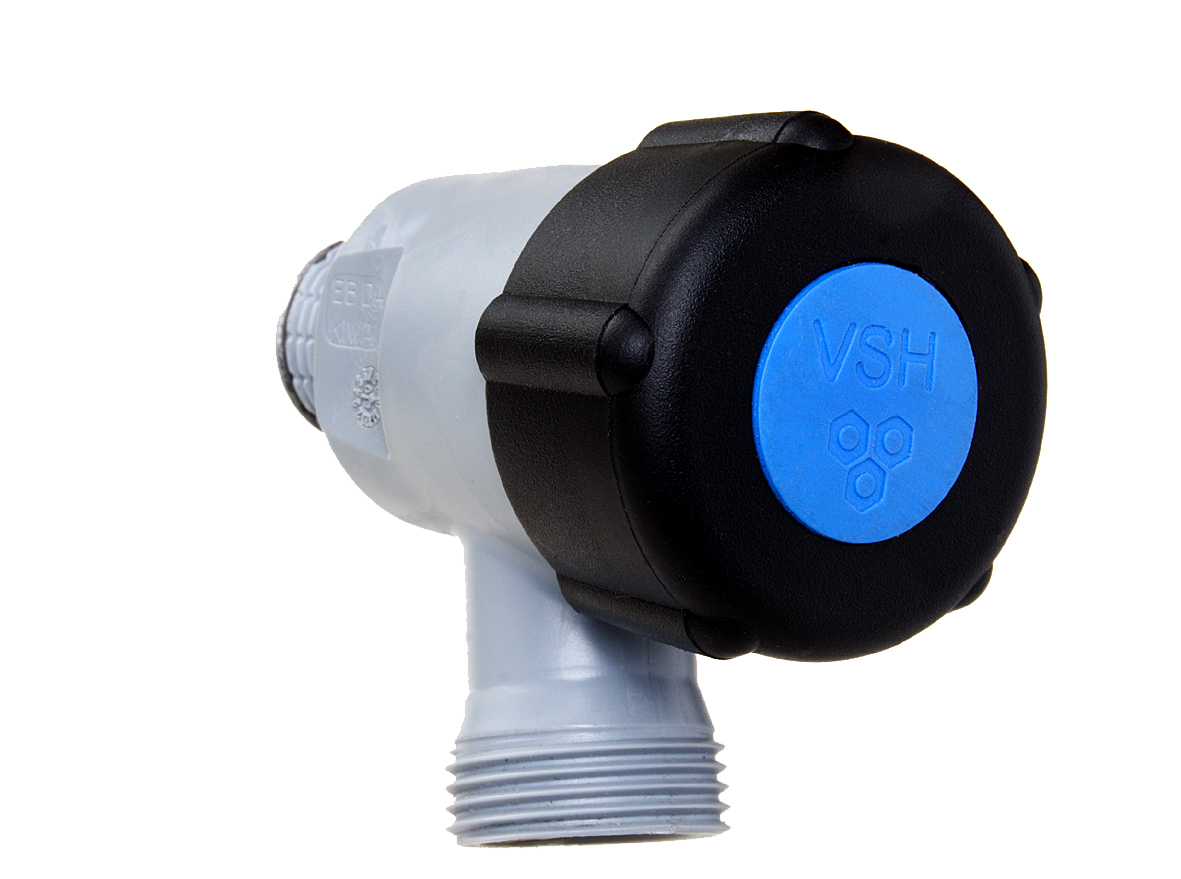






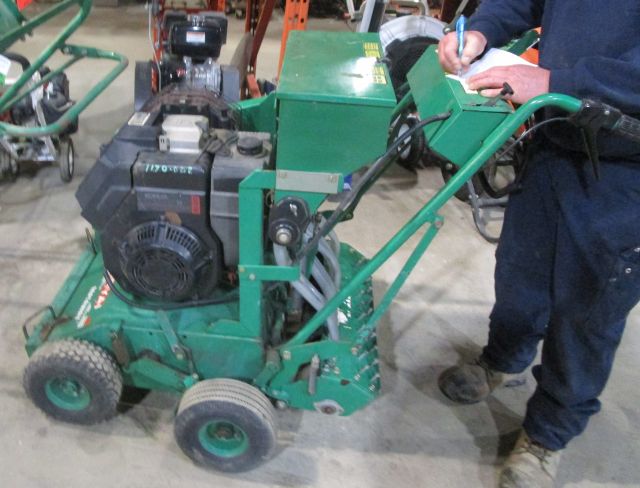
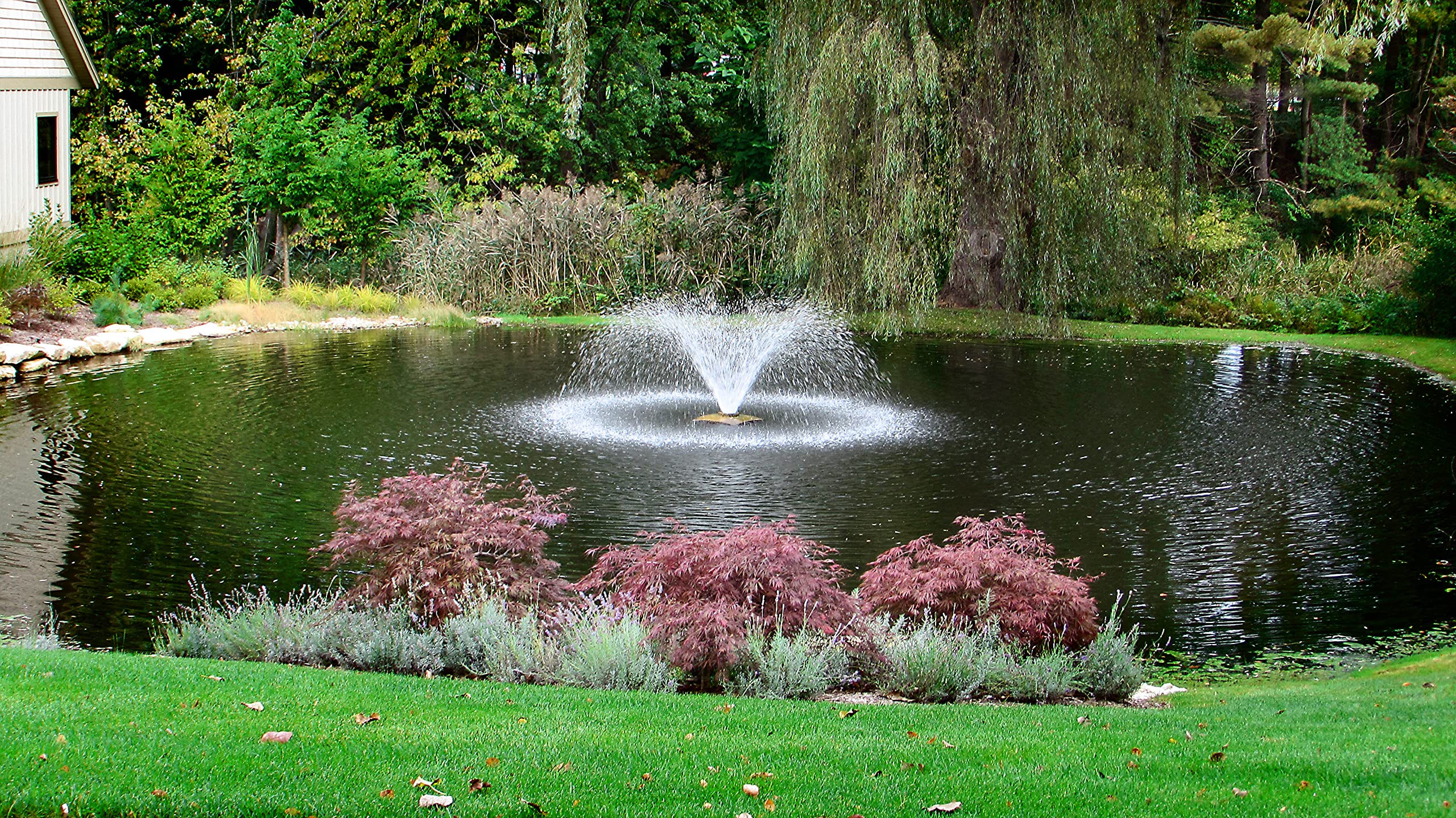
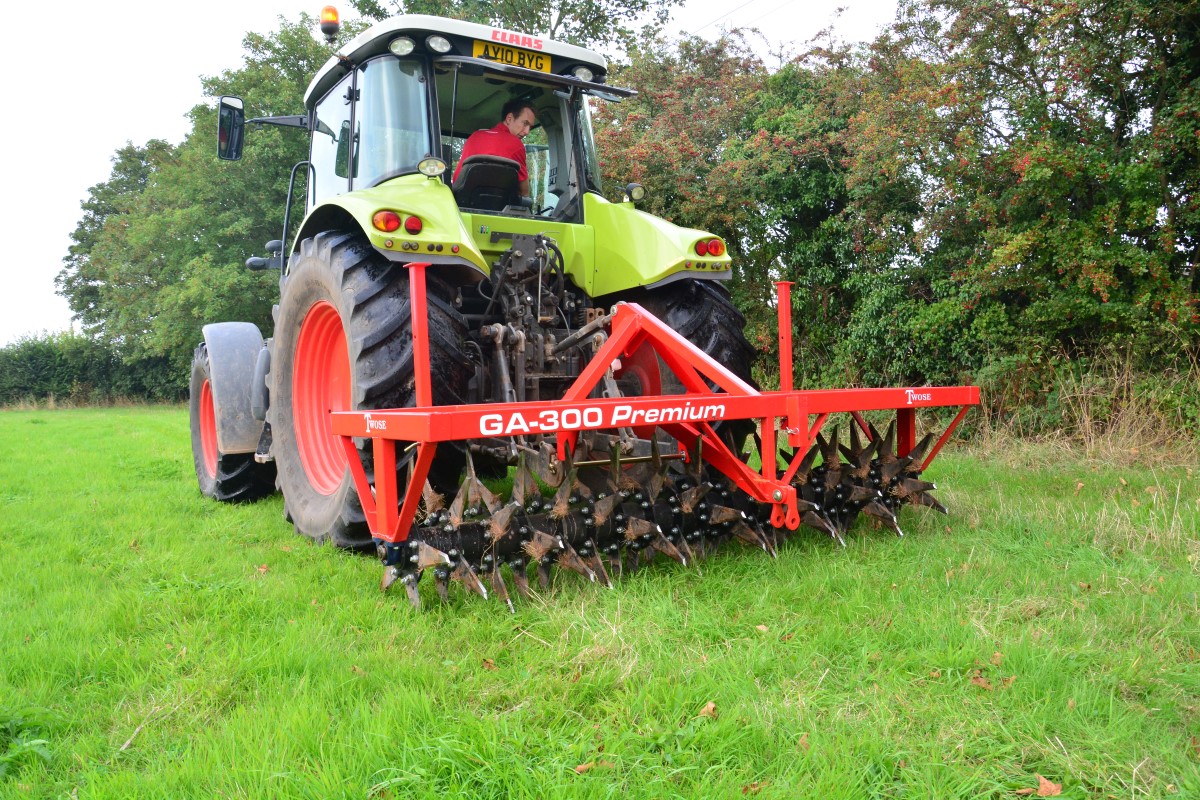
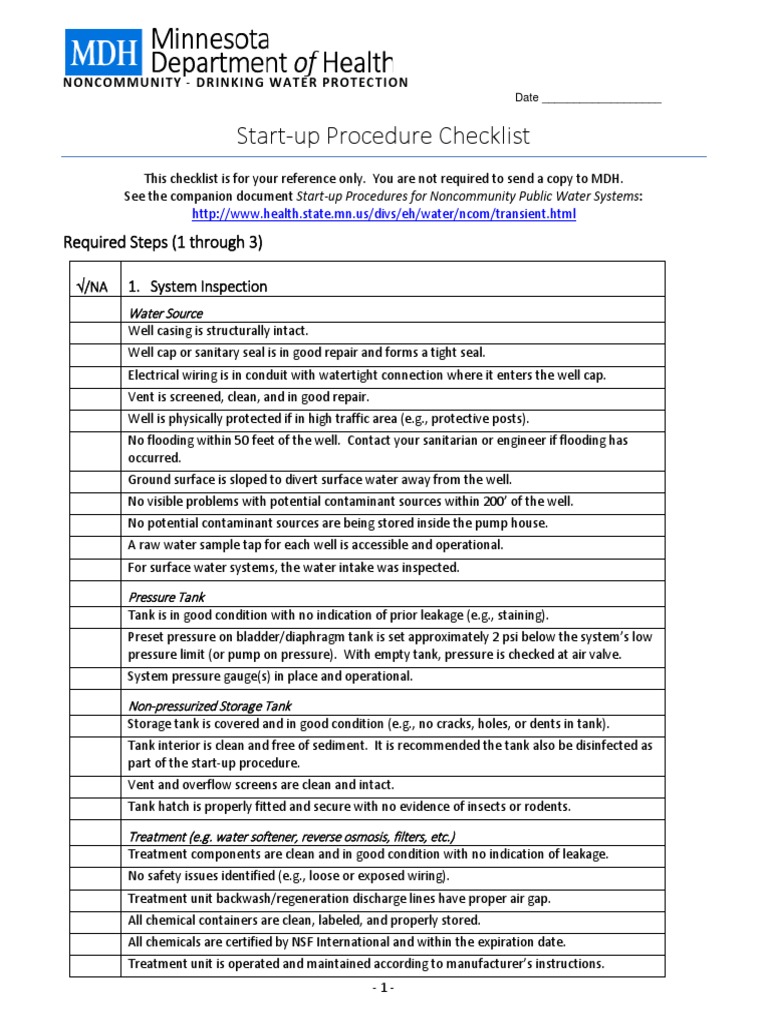


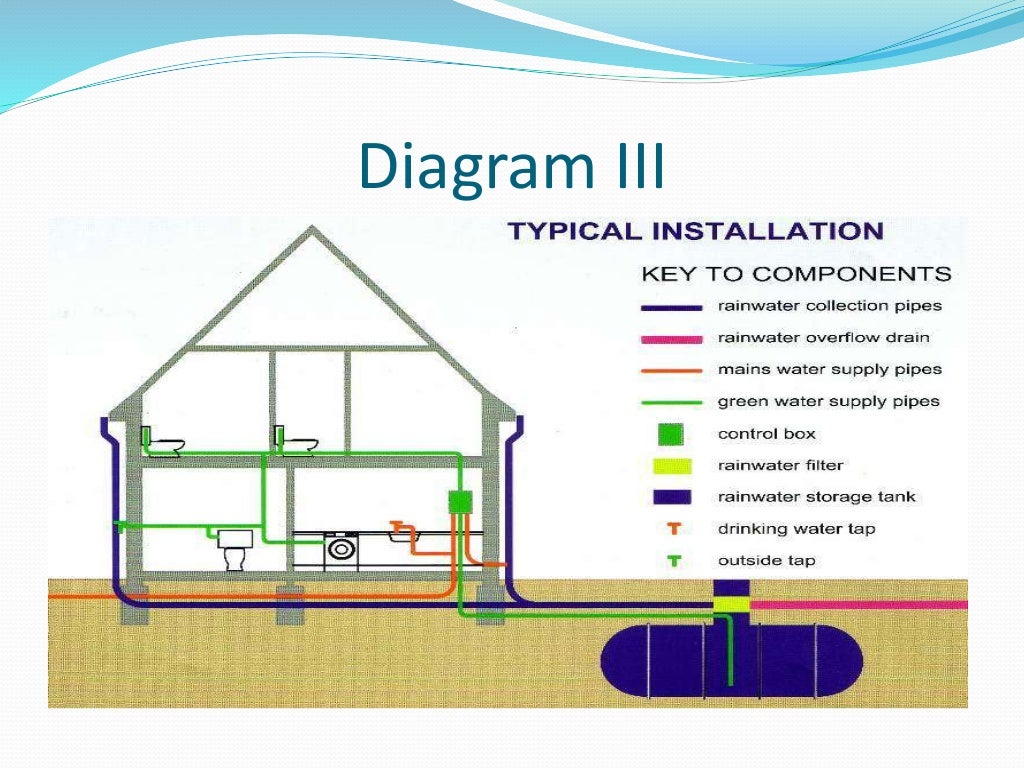




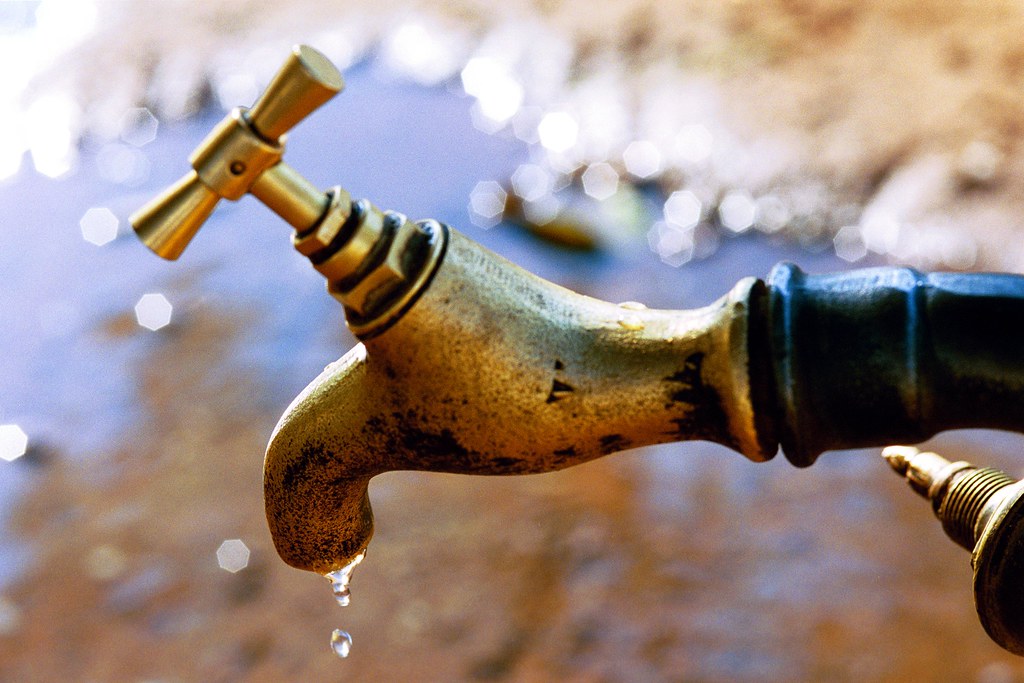
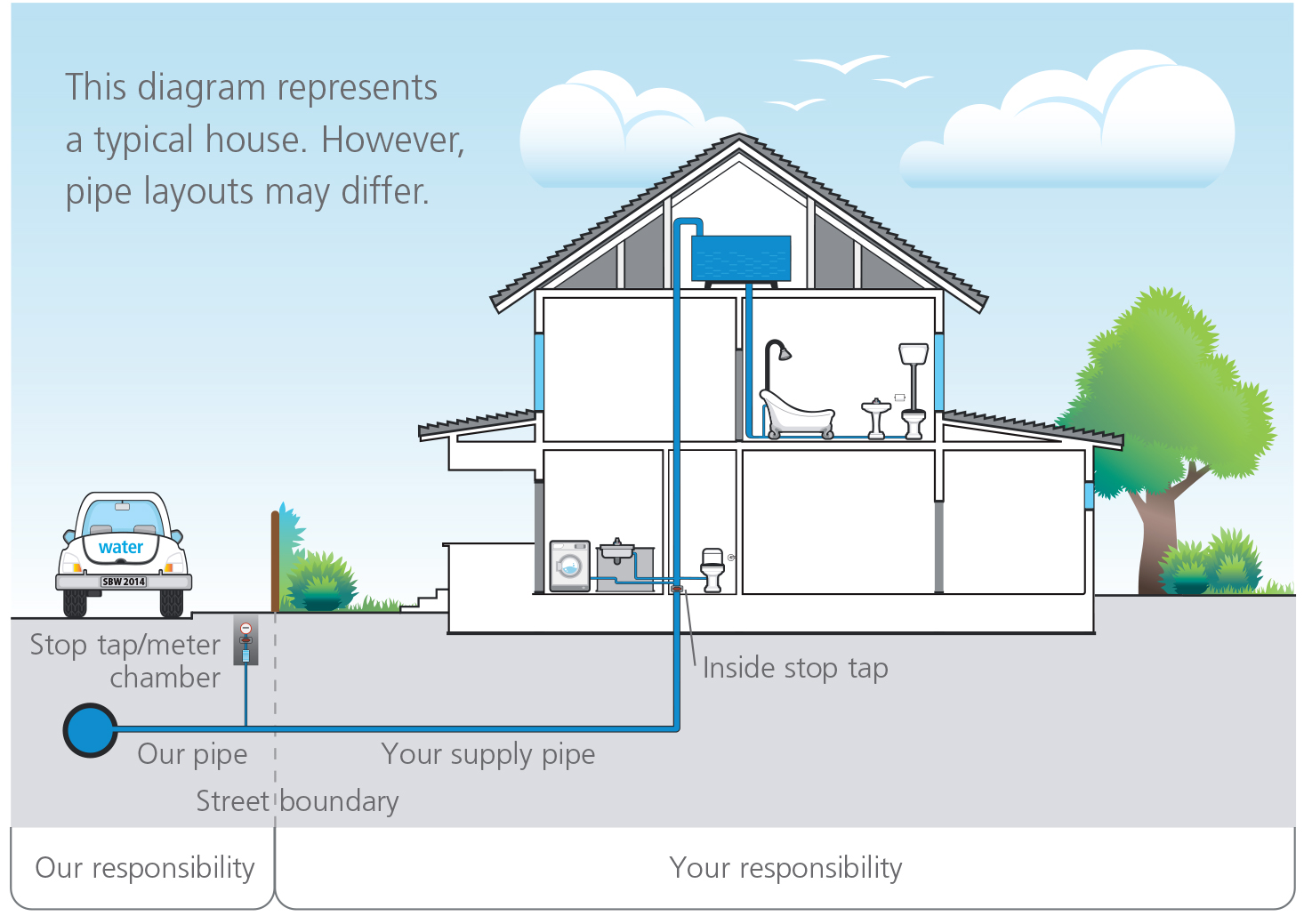









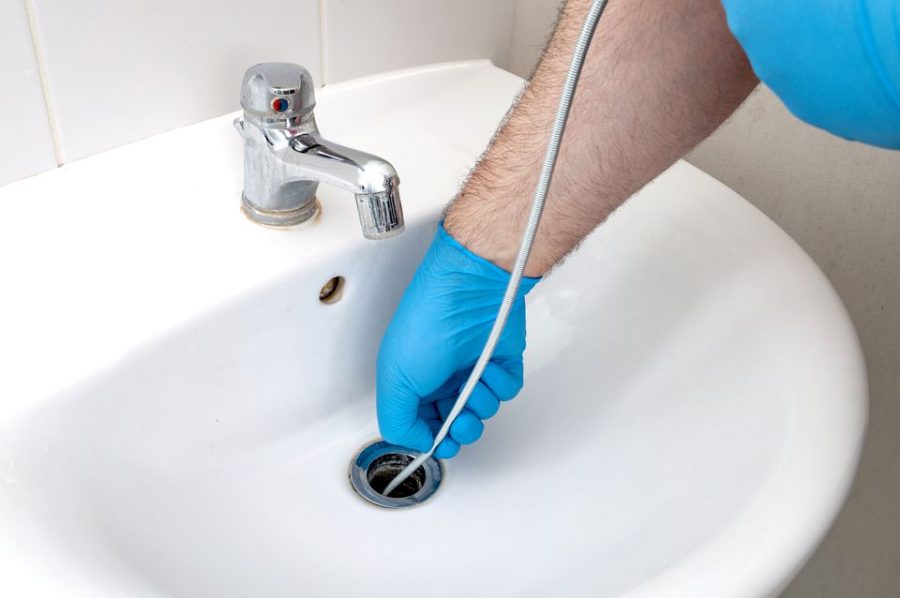
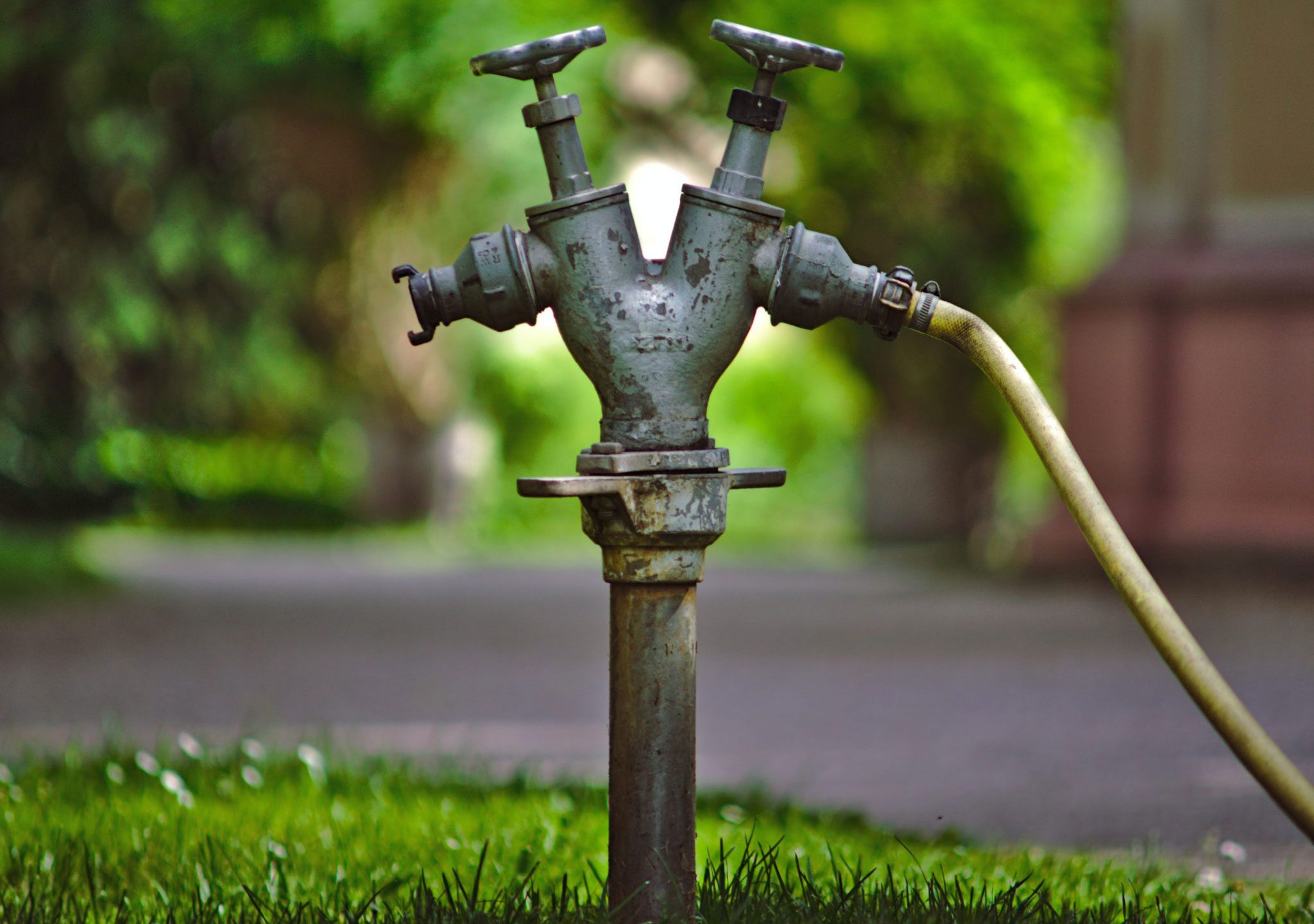


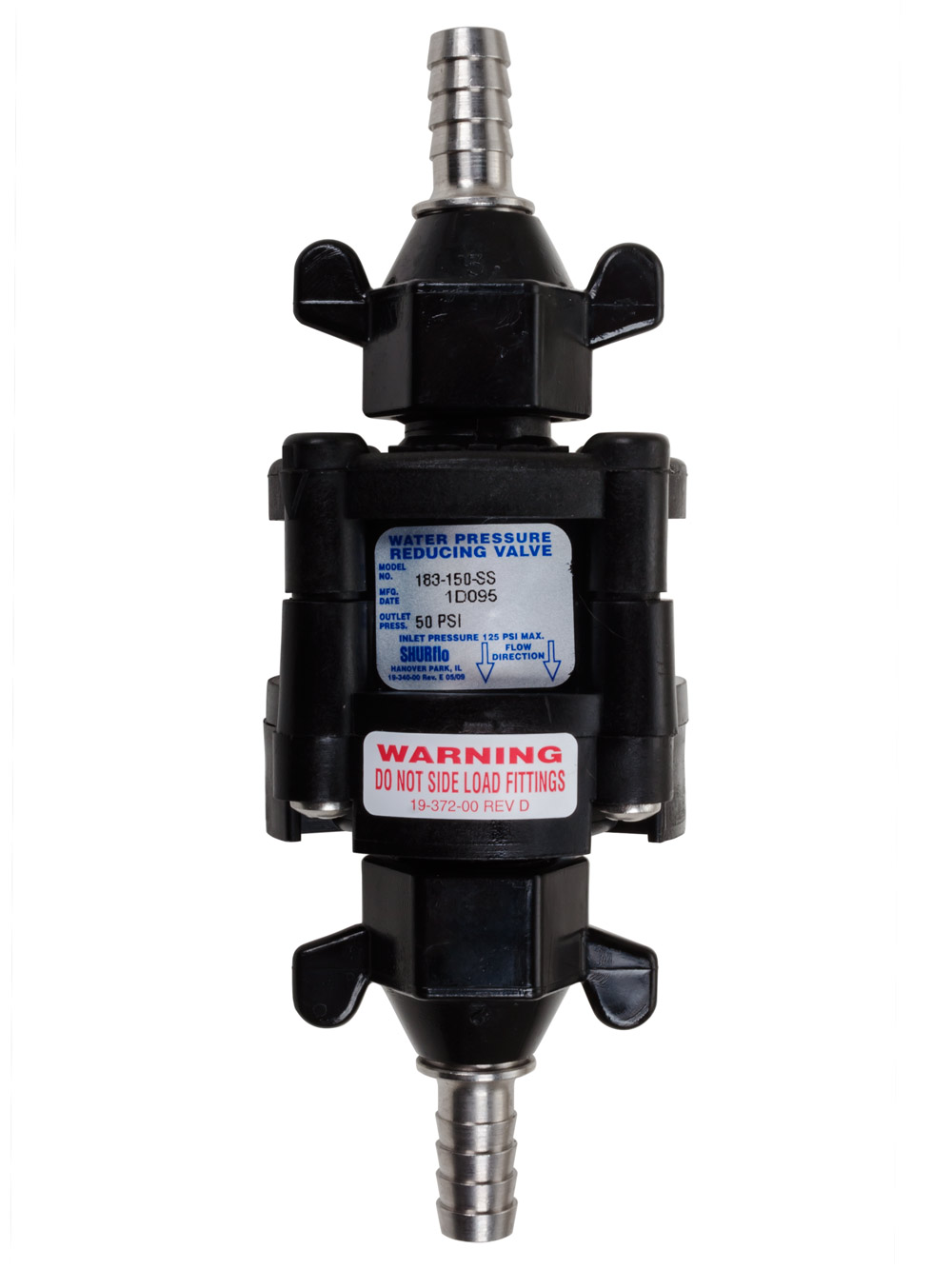


:max_bytes(150000):strip_icc()/the-men-s-hand-opens-the-ball-valve-on-the-collector-1006810456-5c5fc73fc9e77c000159c4af.jpg)

